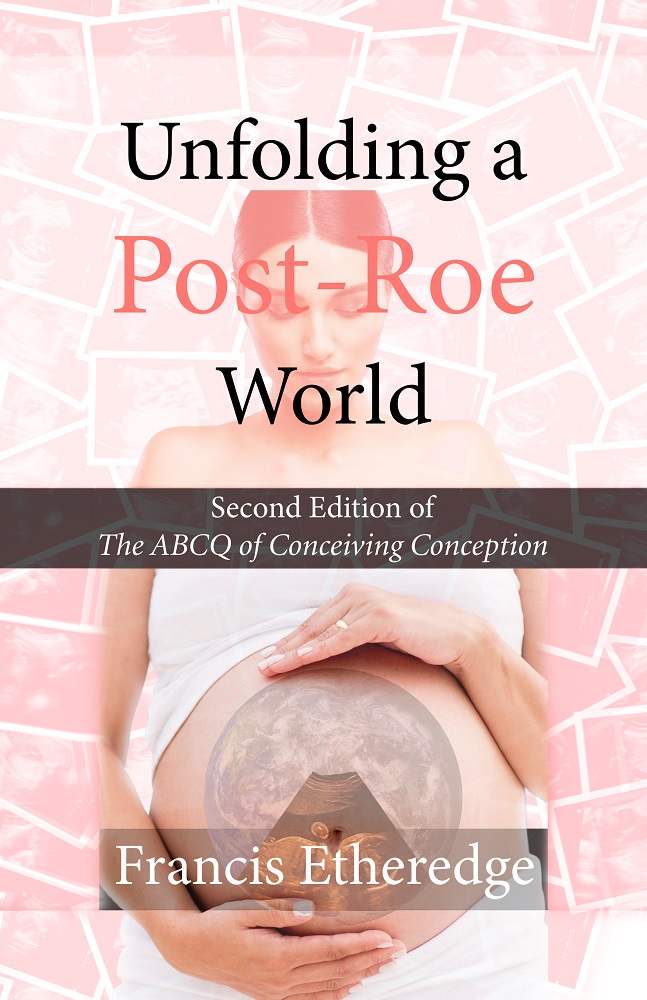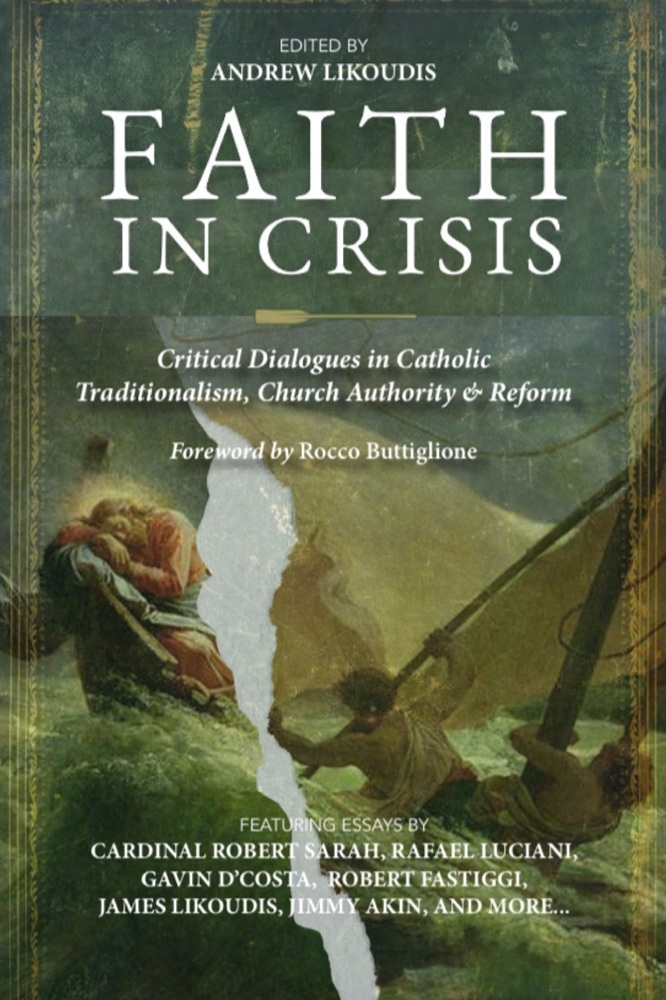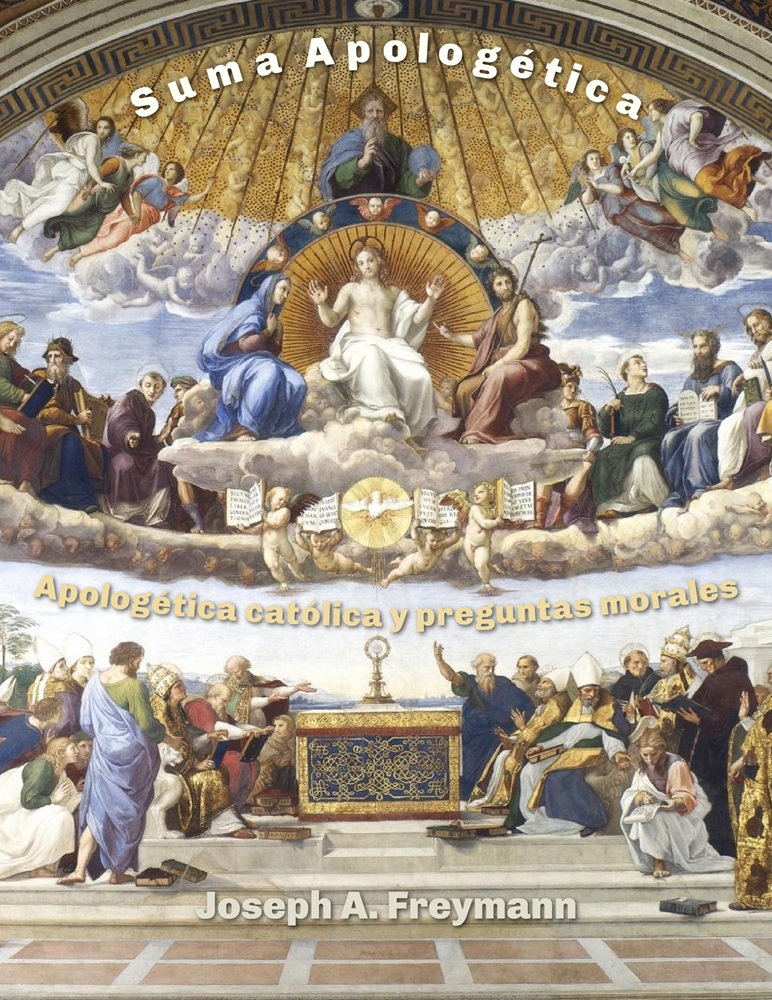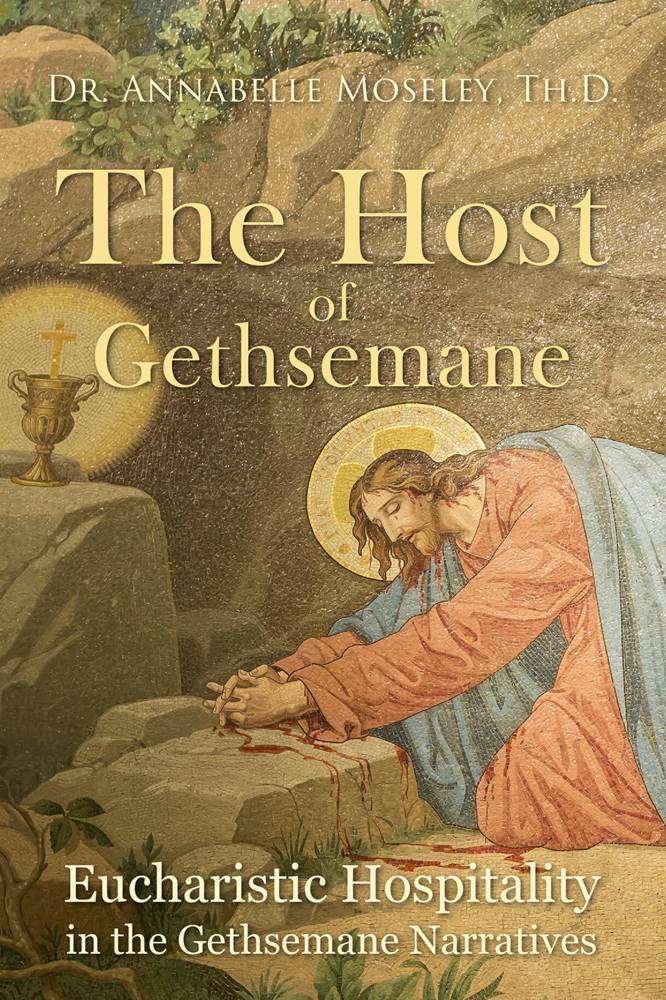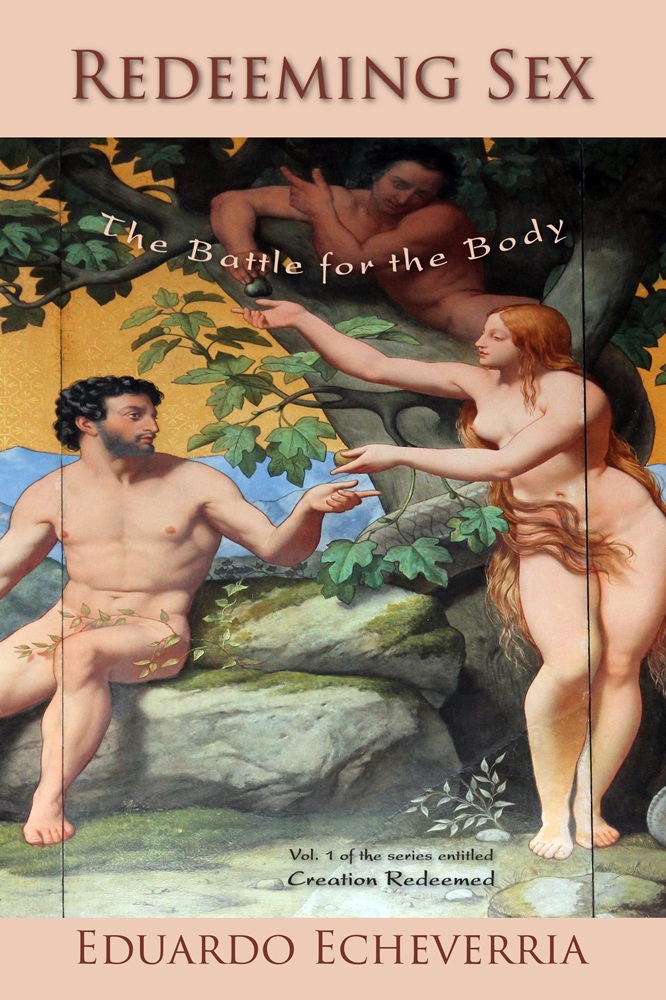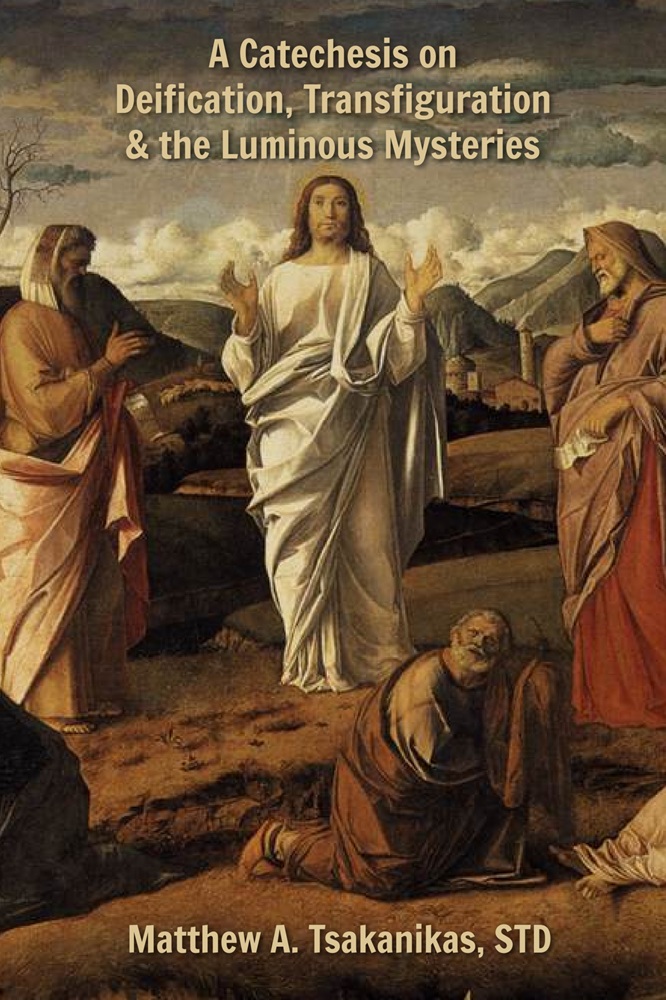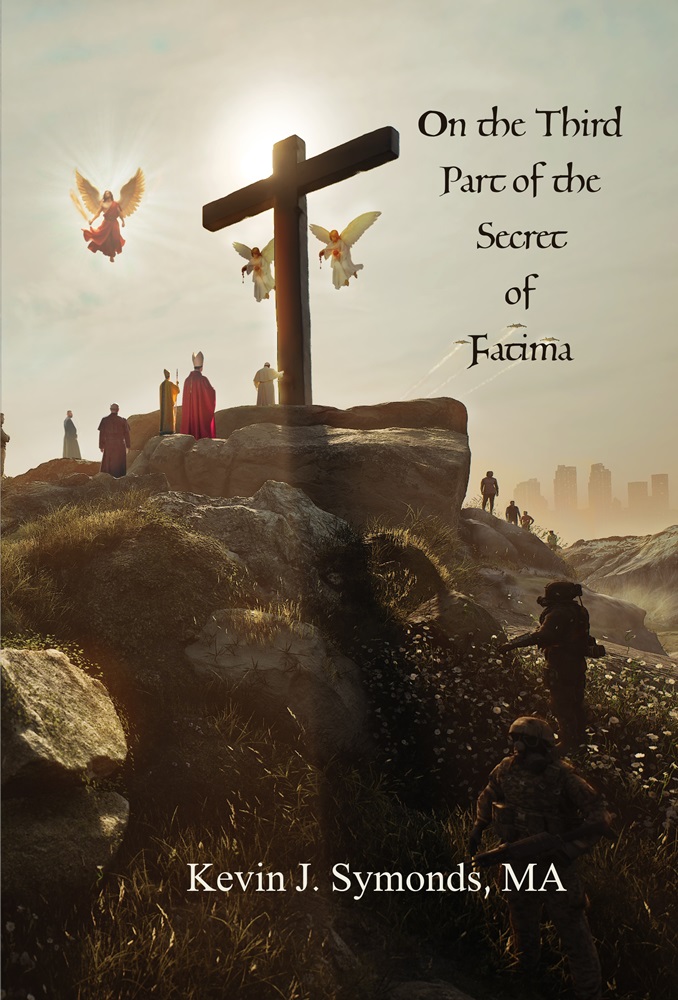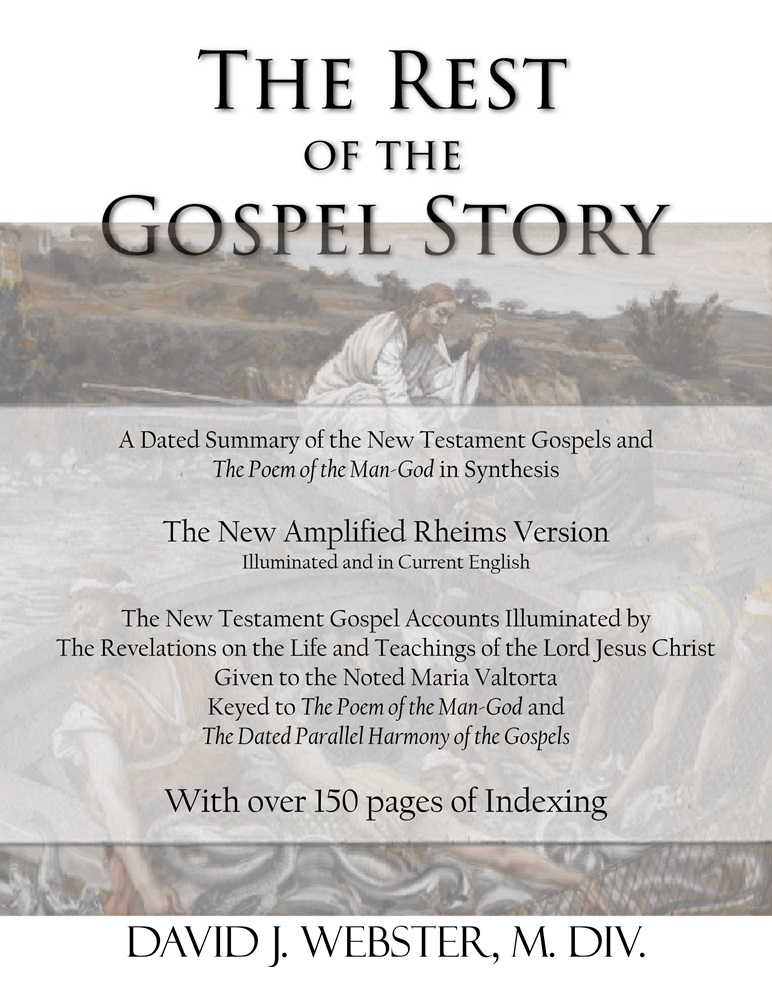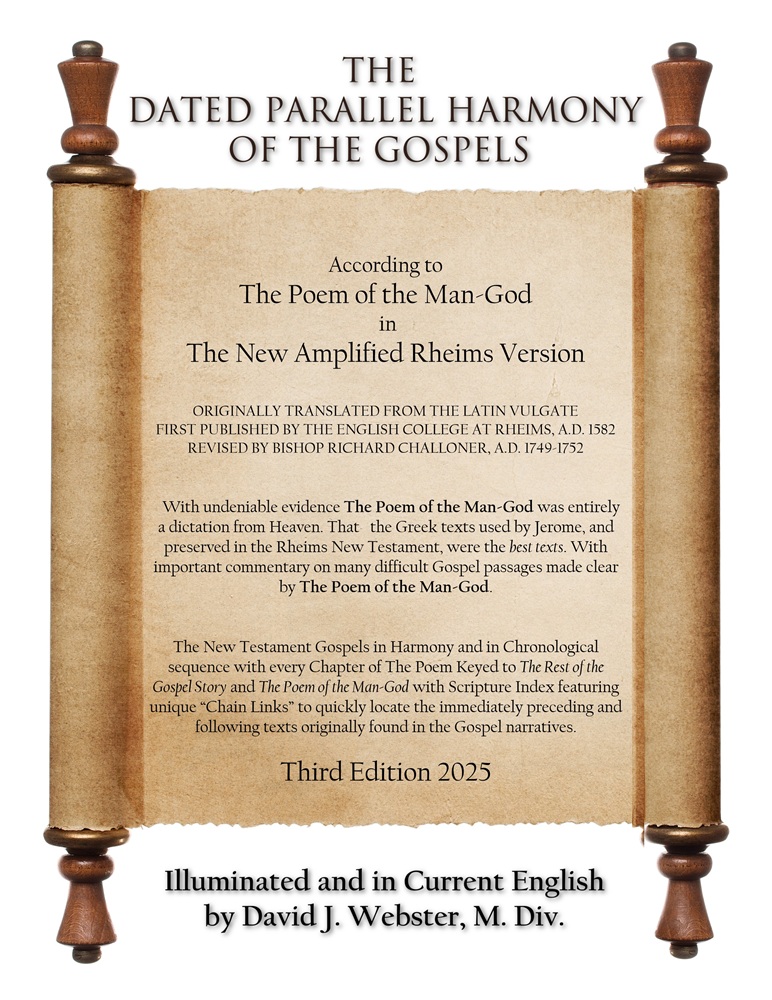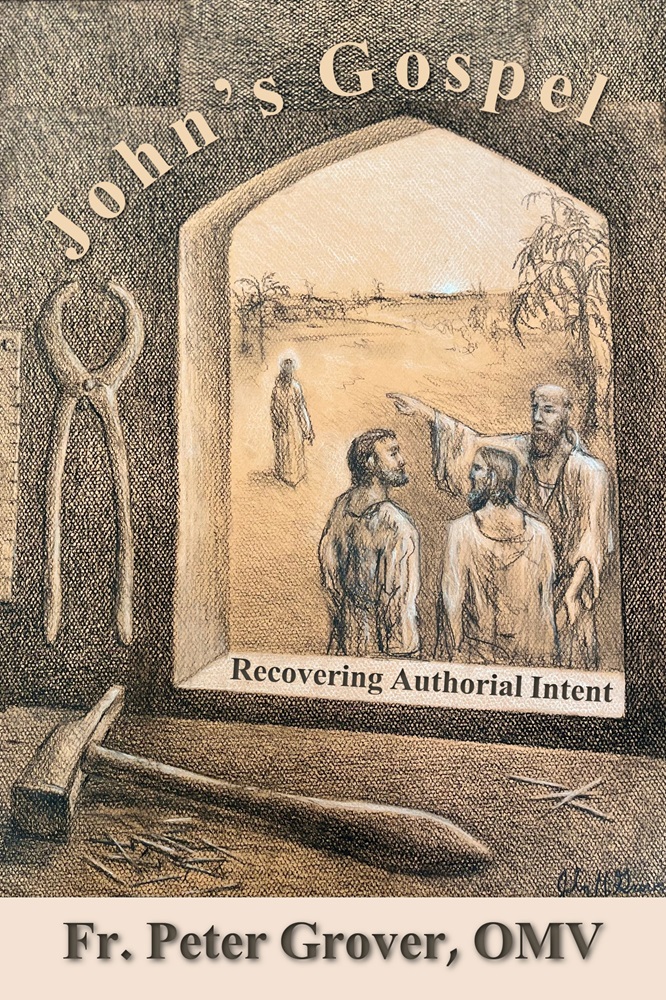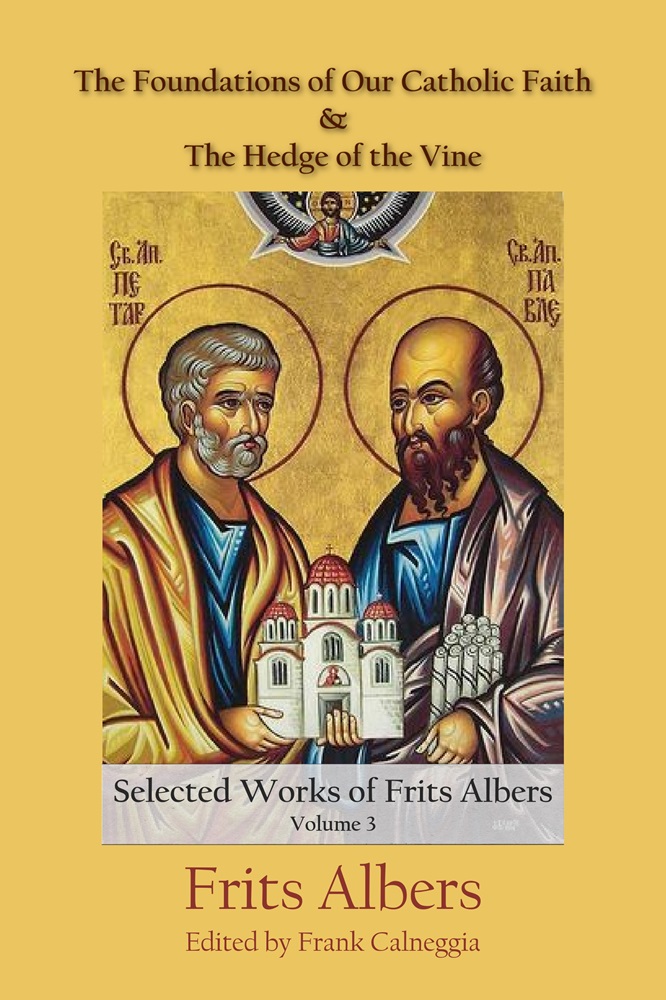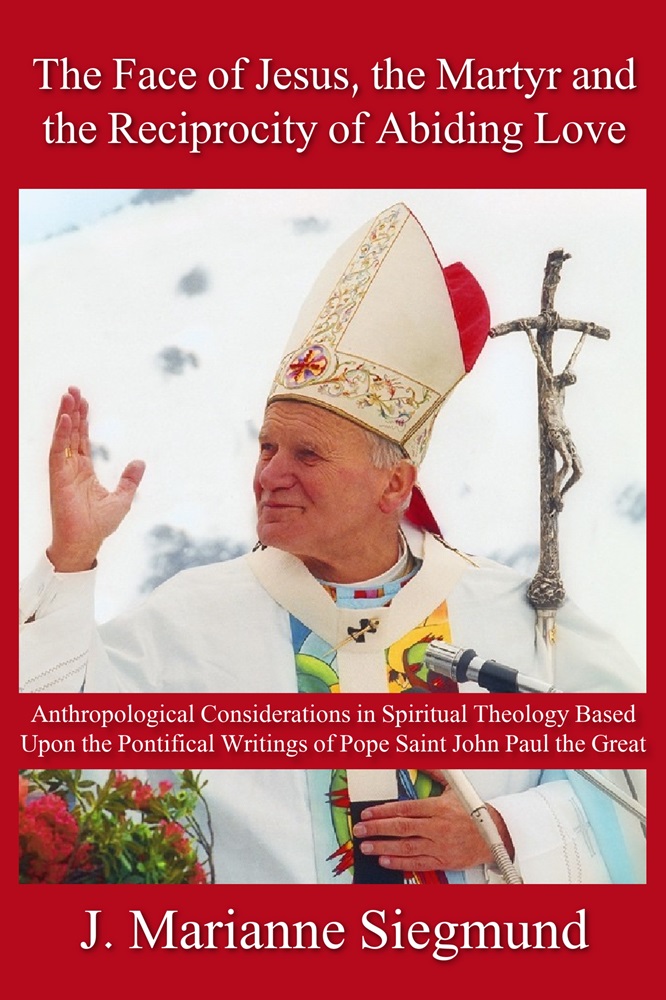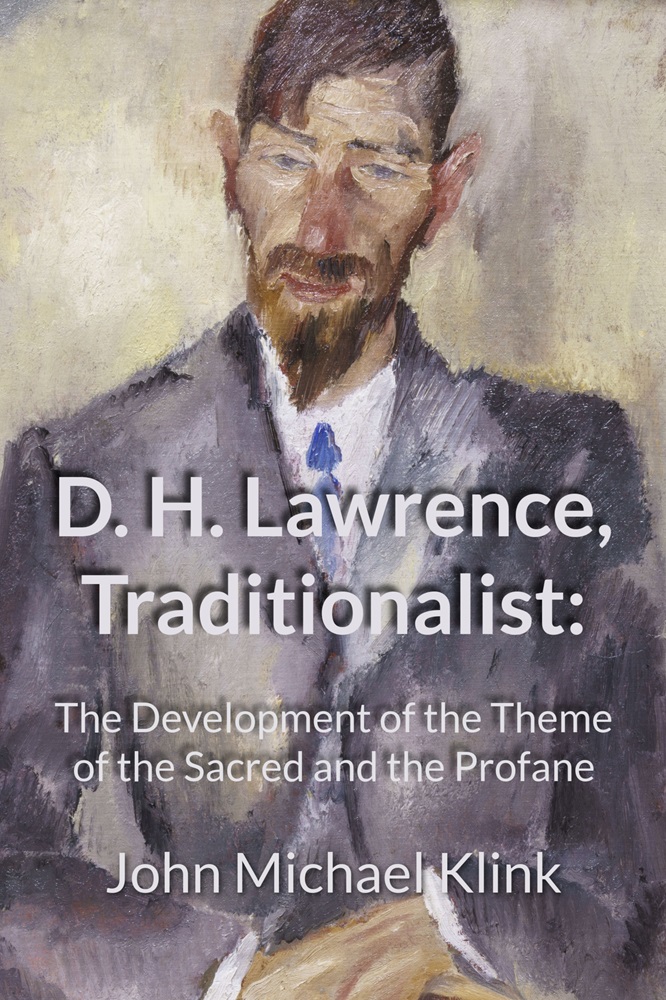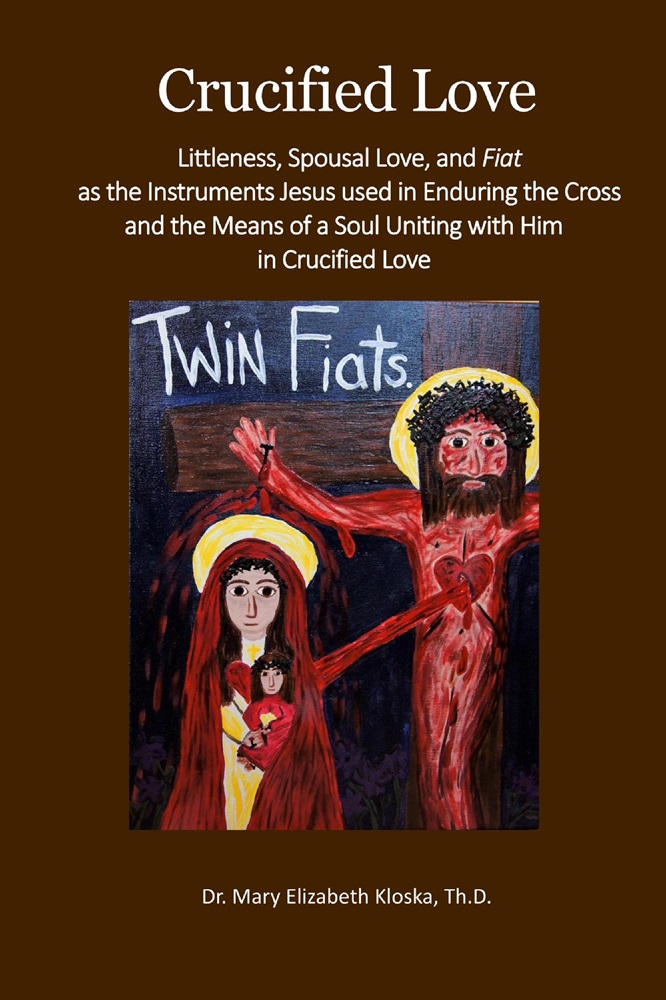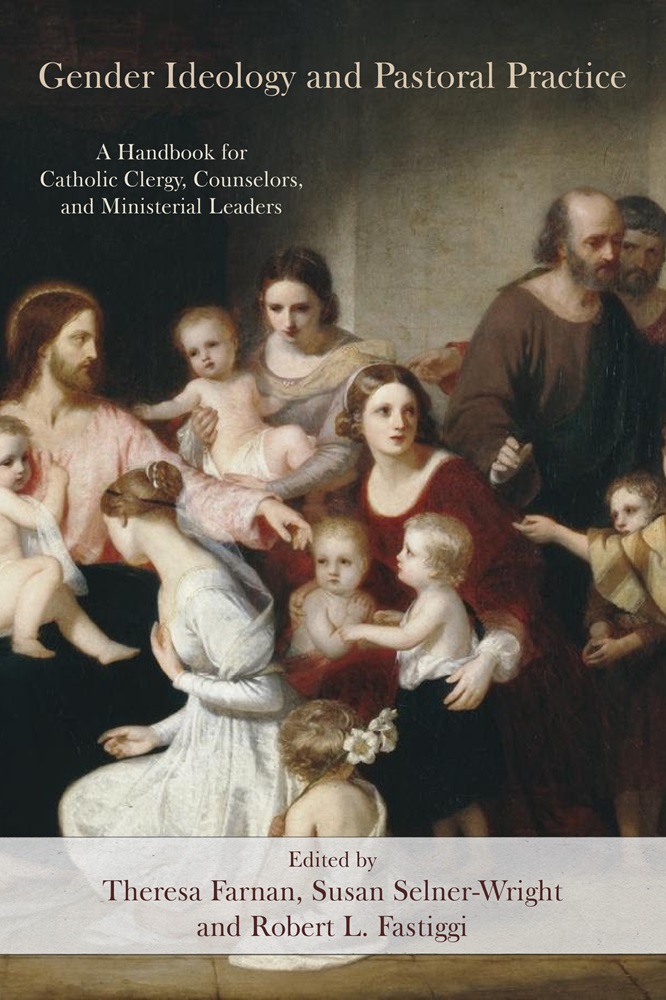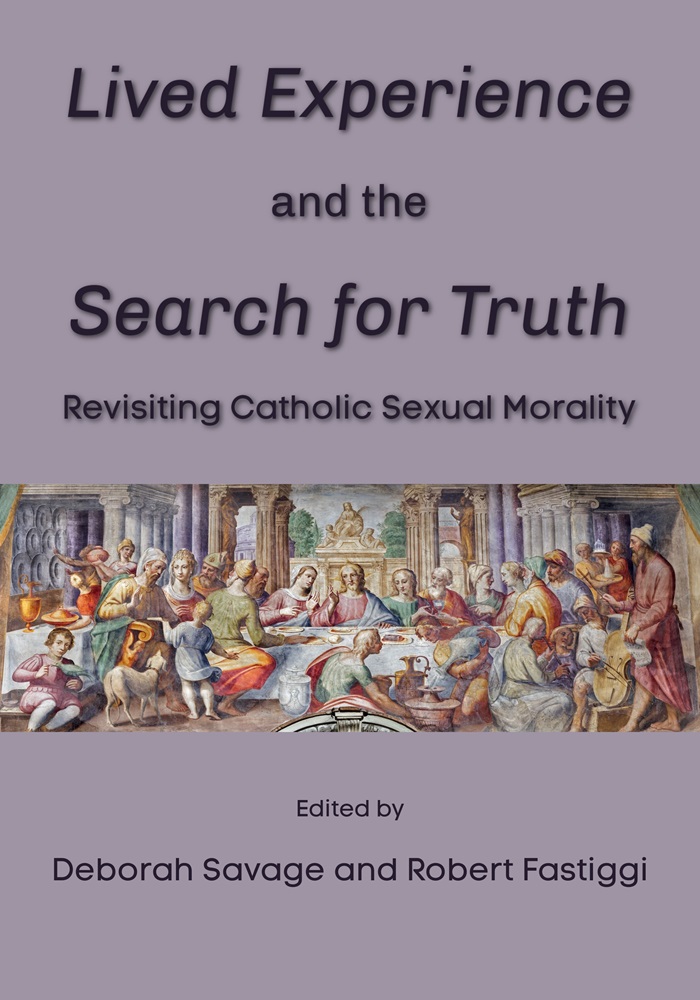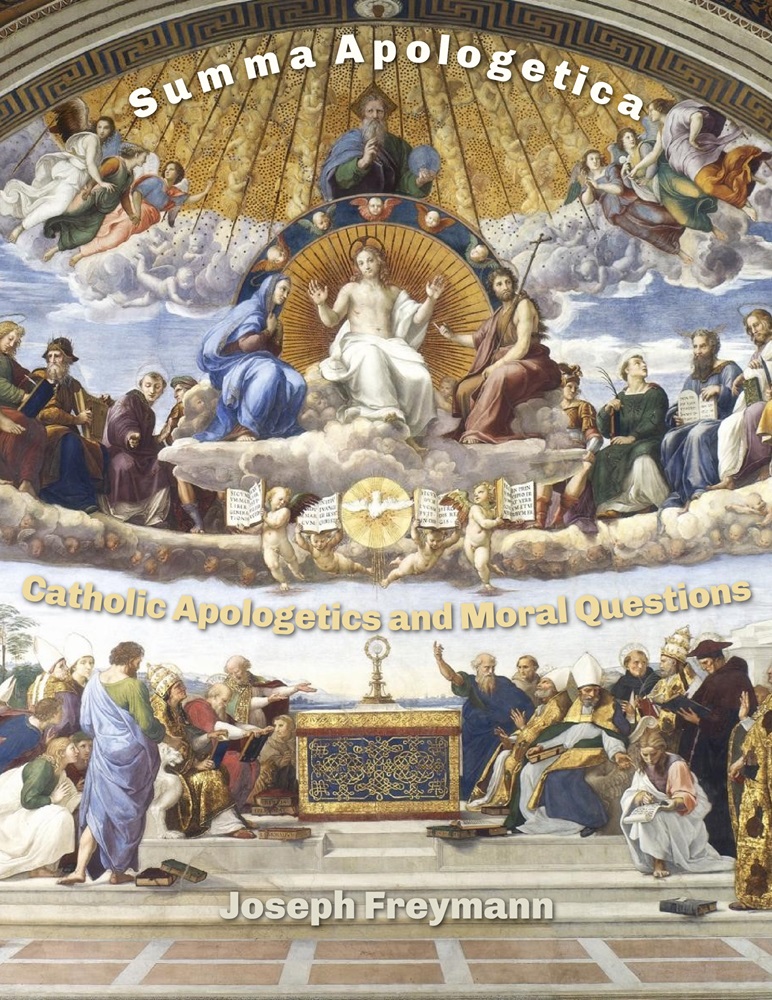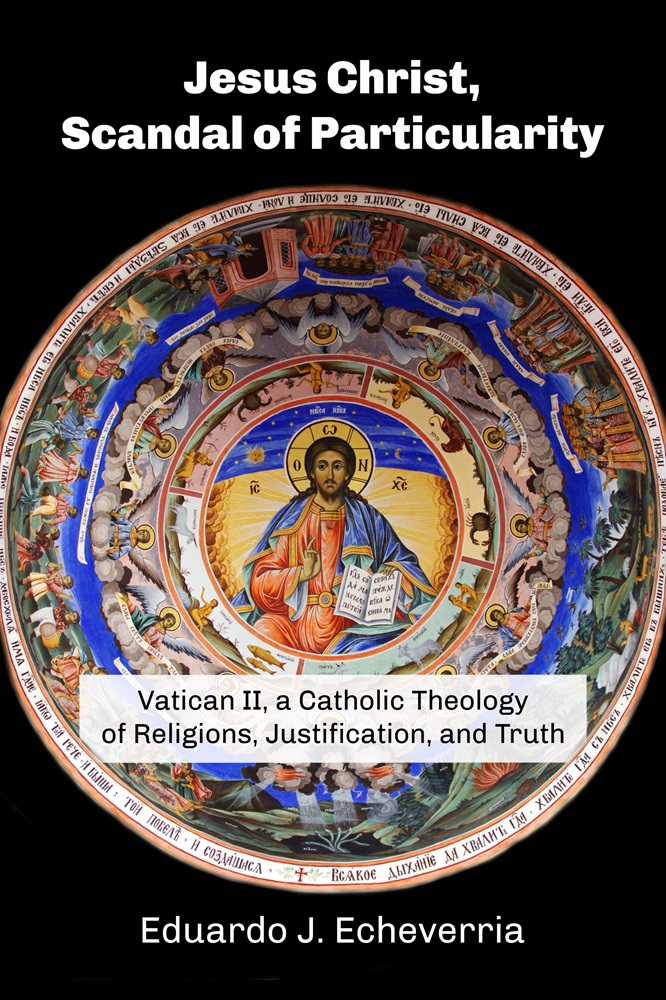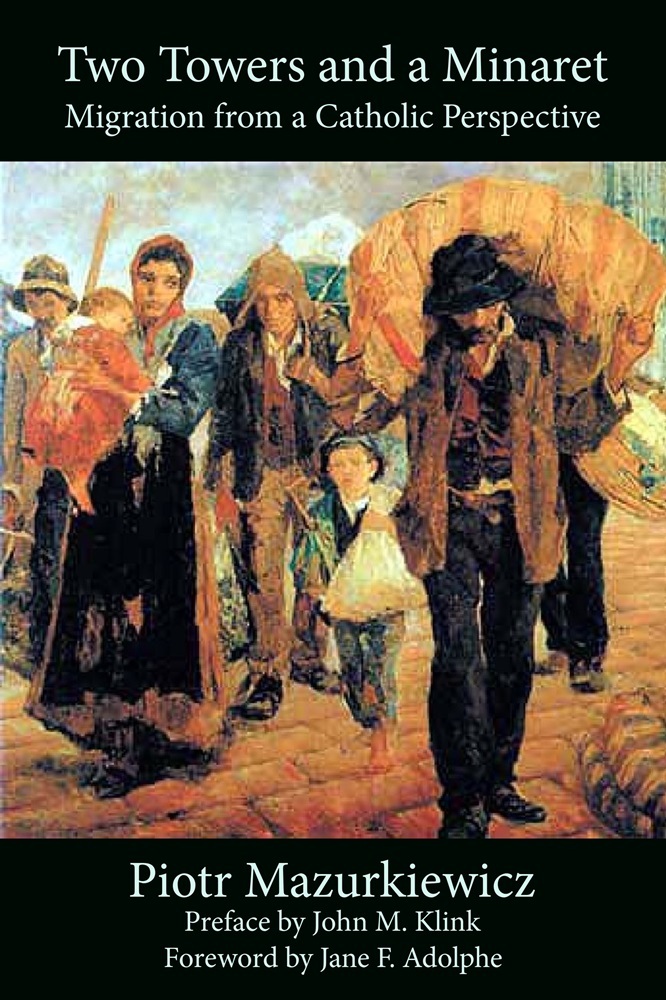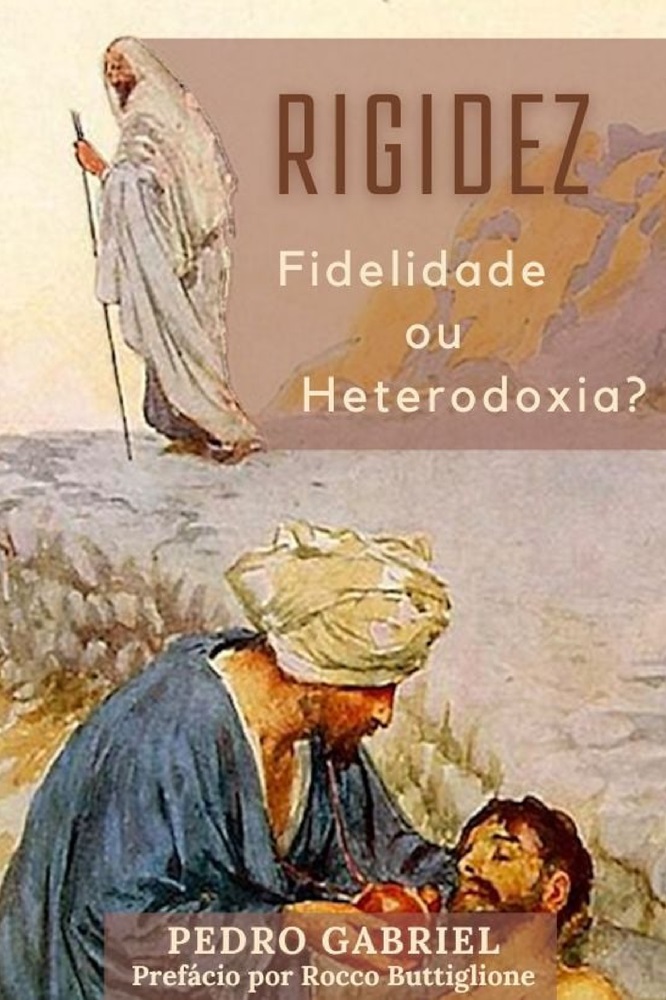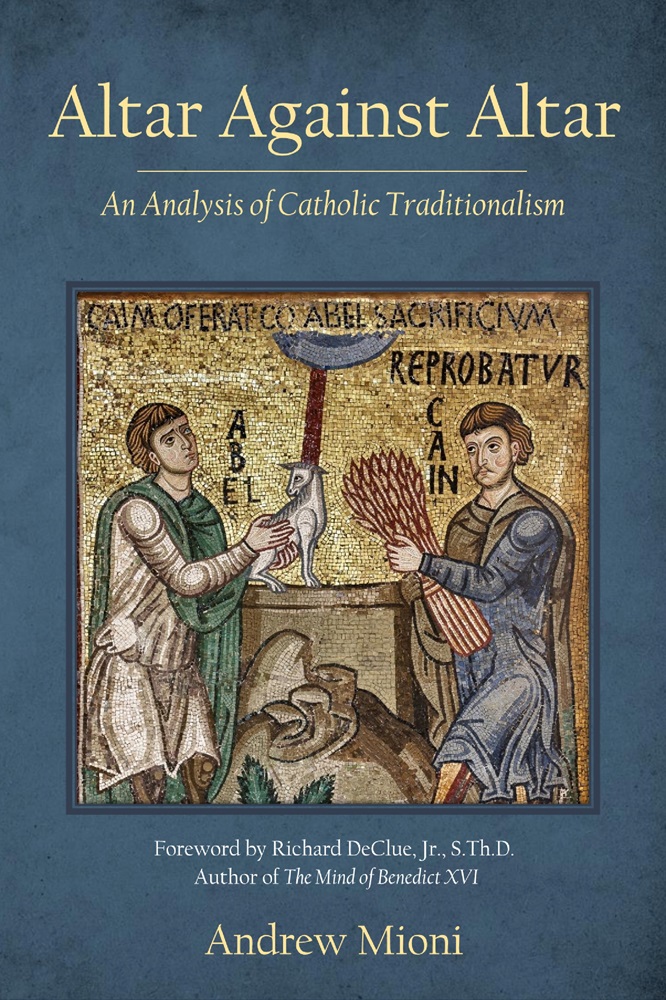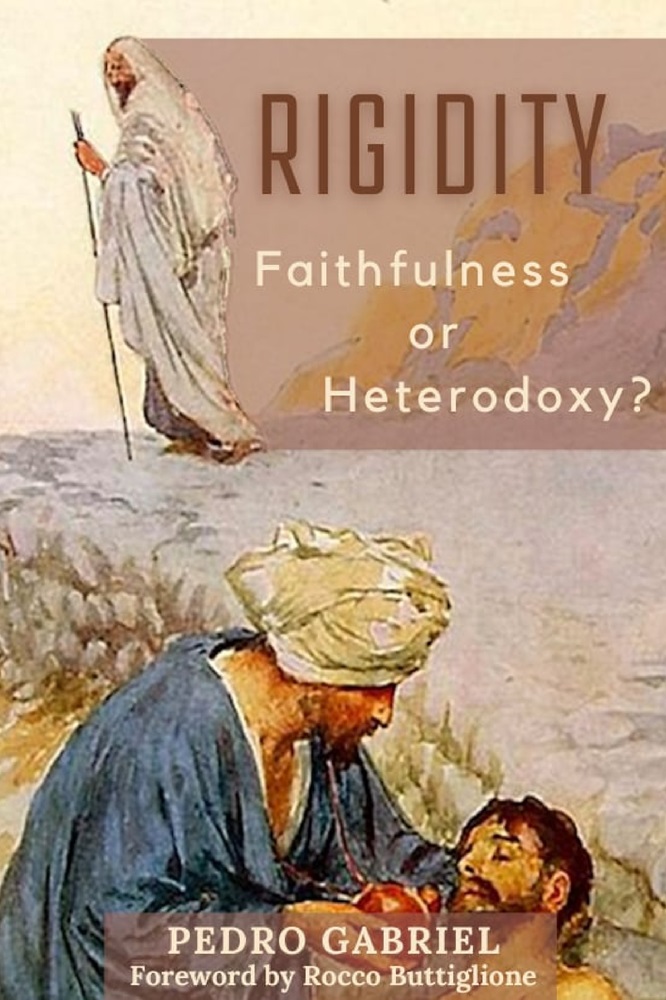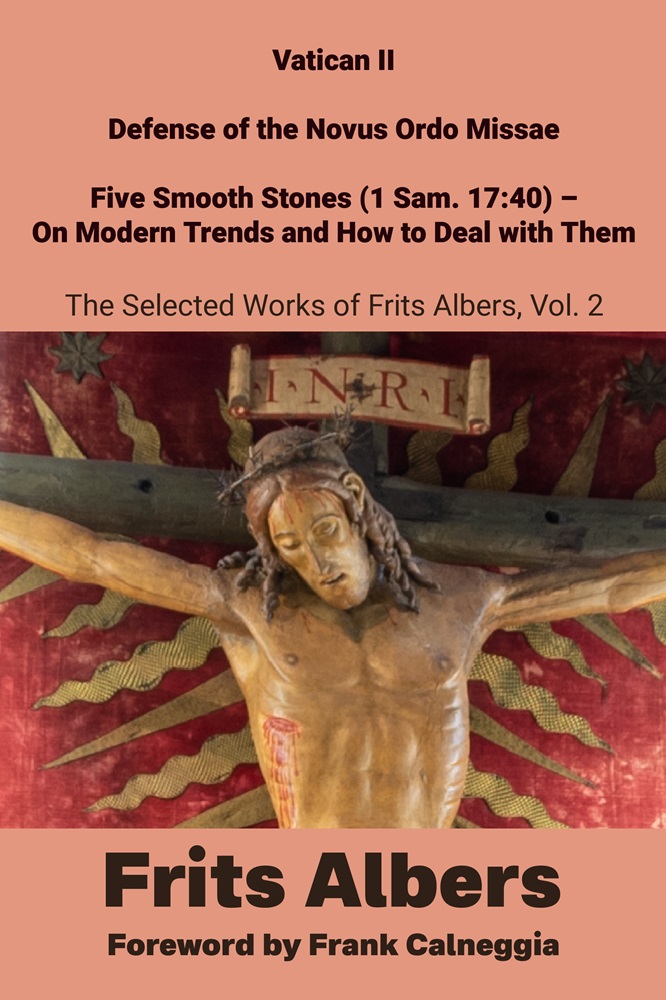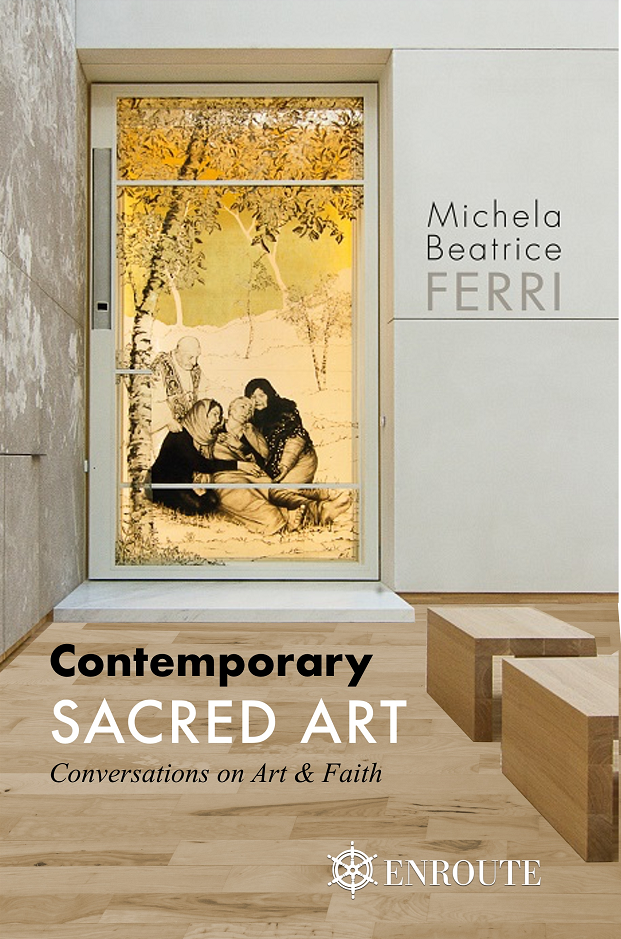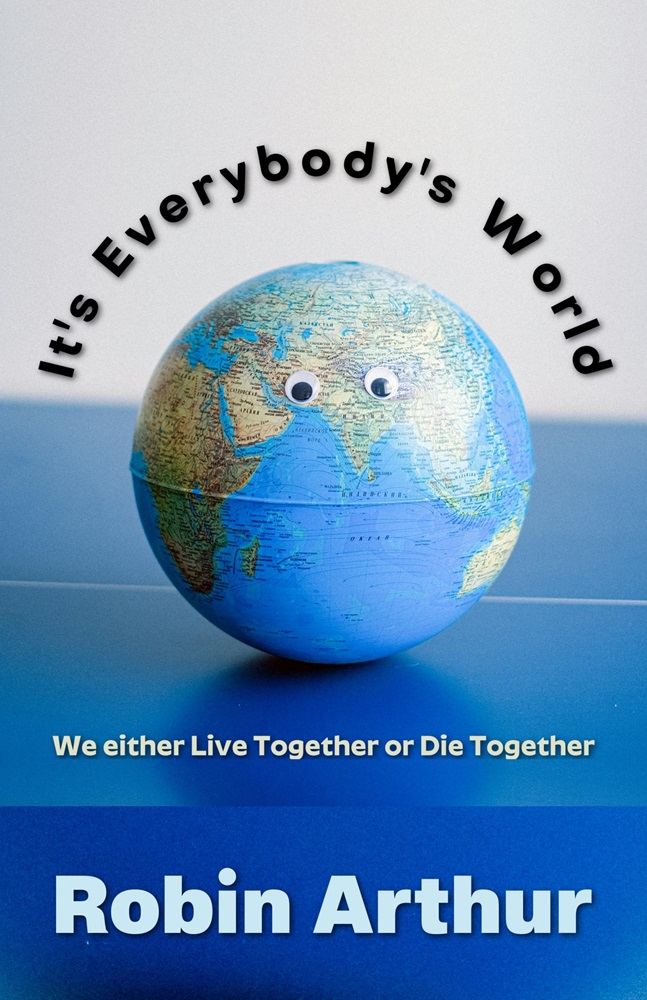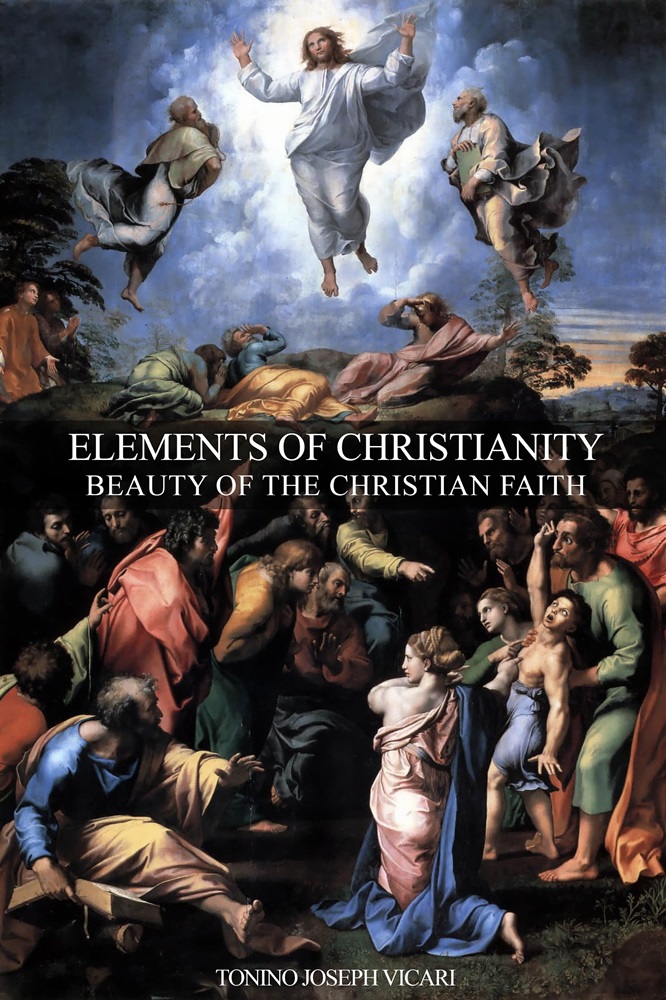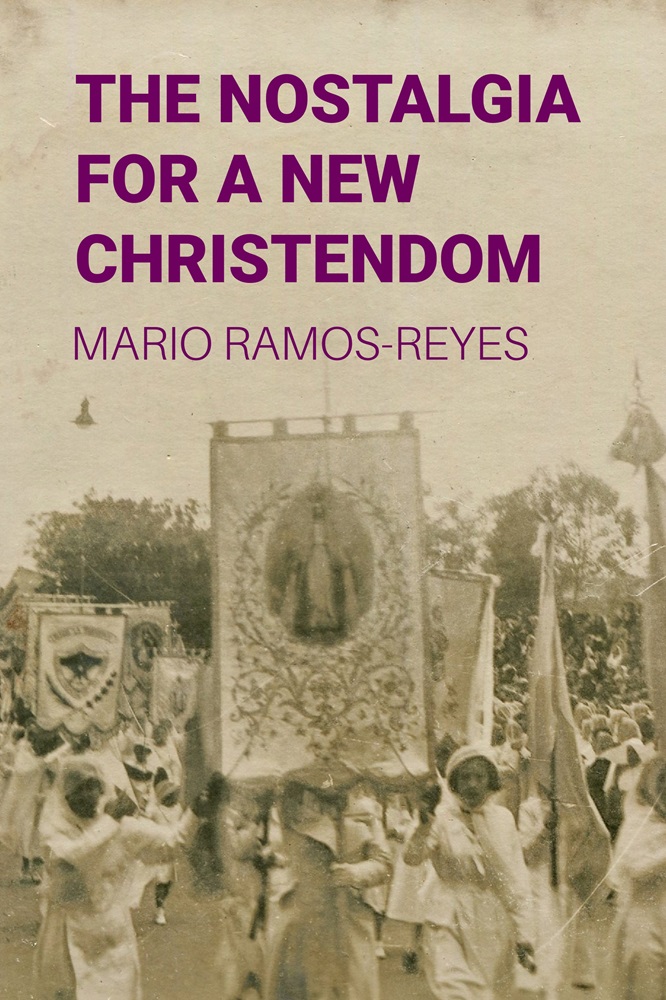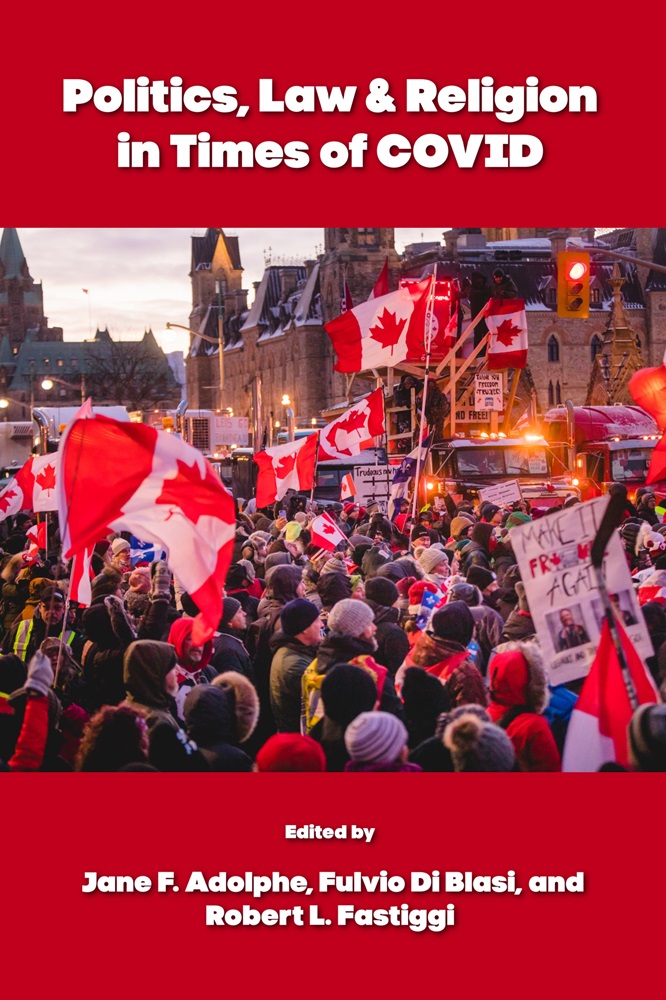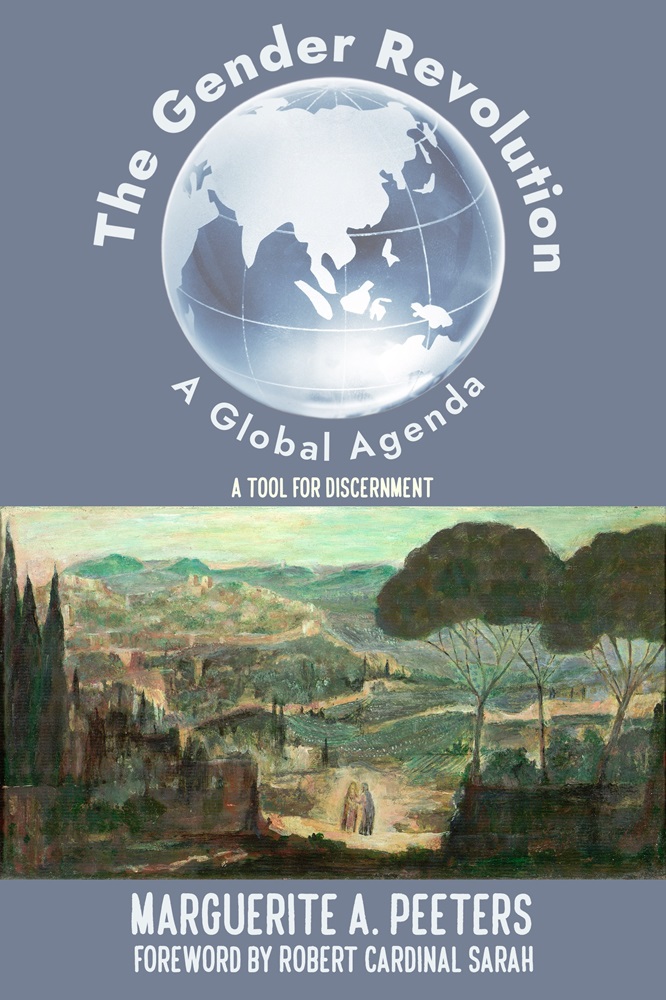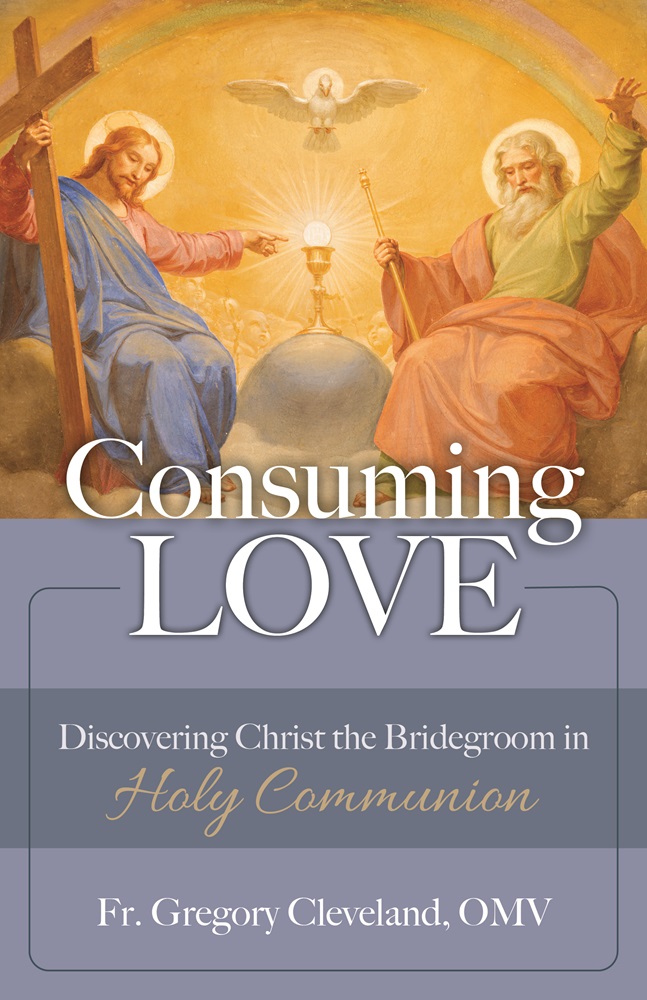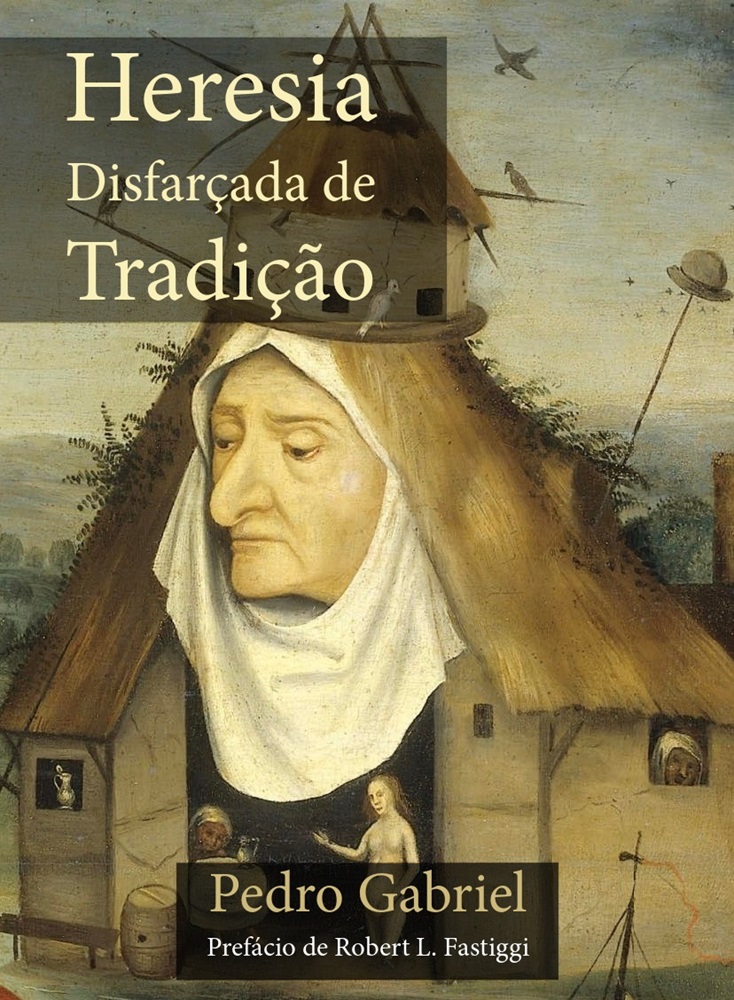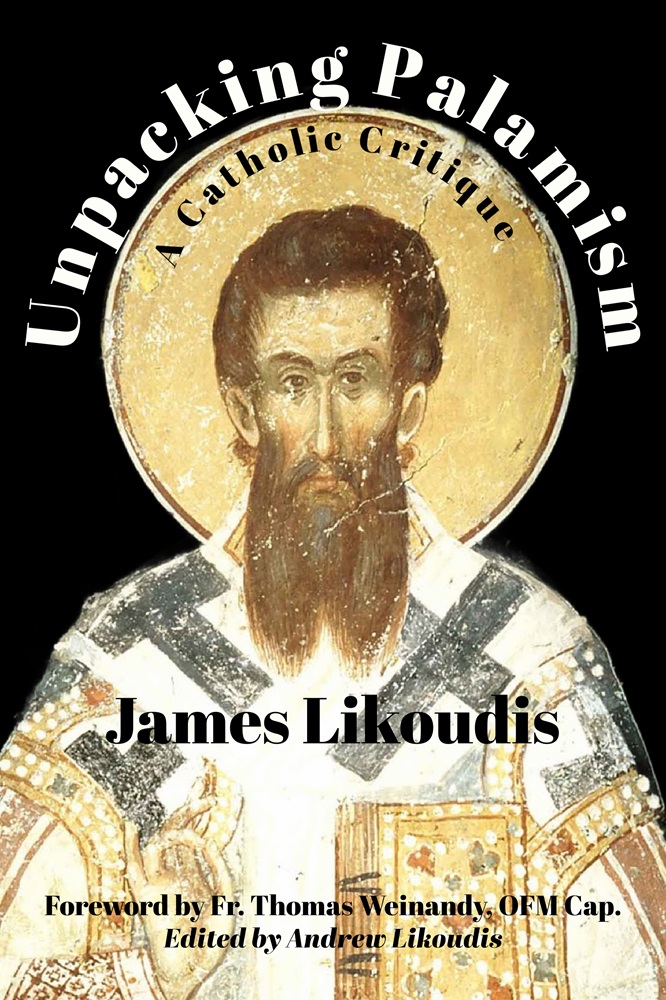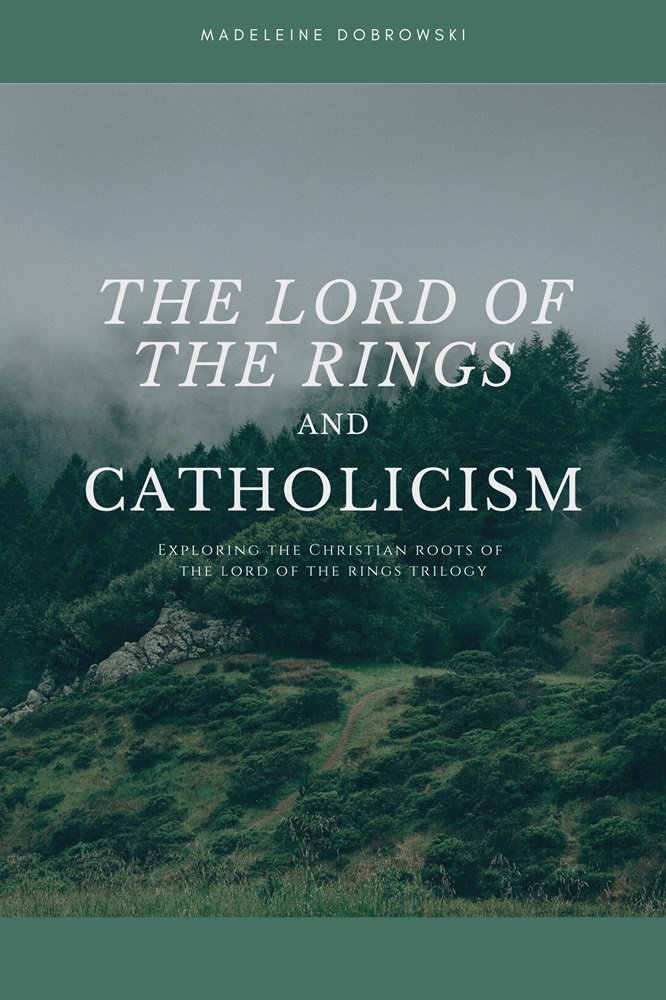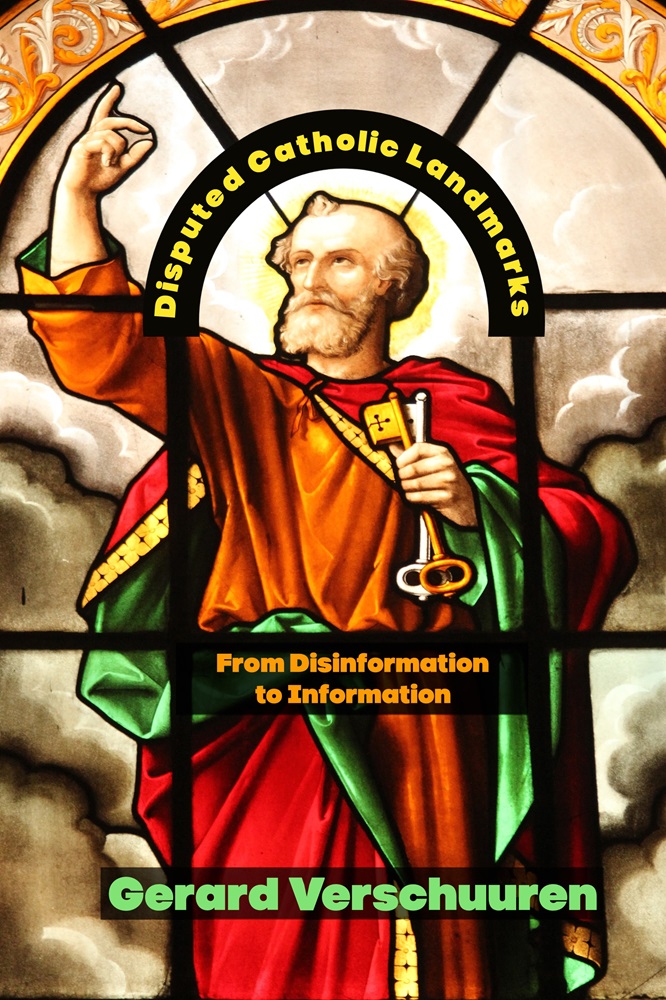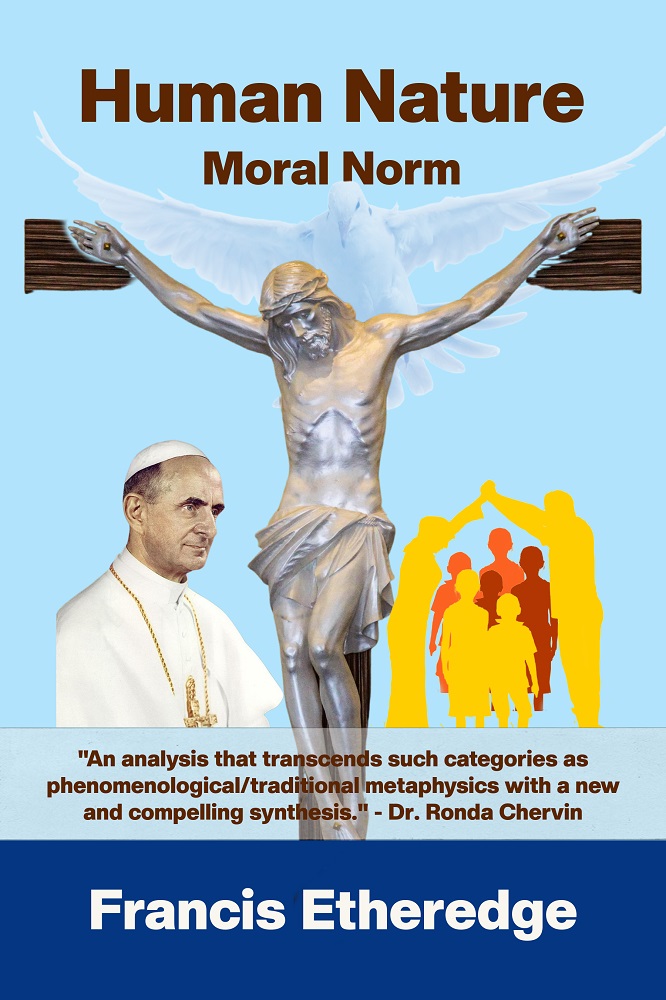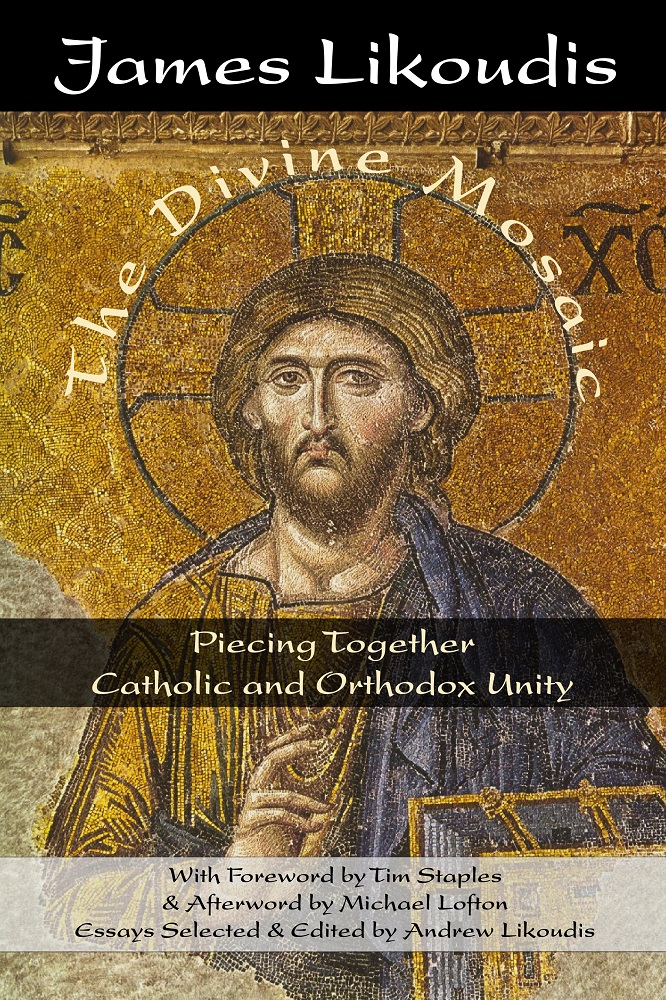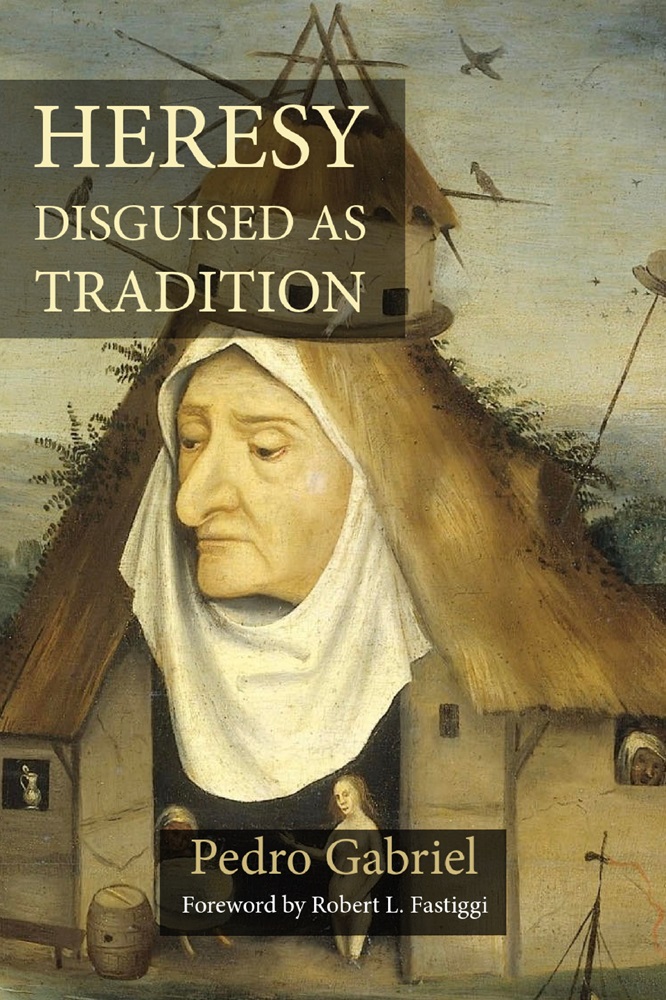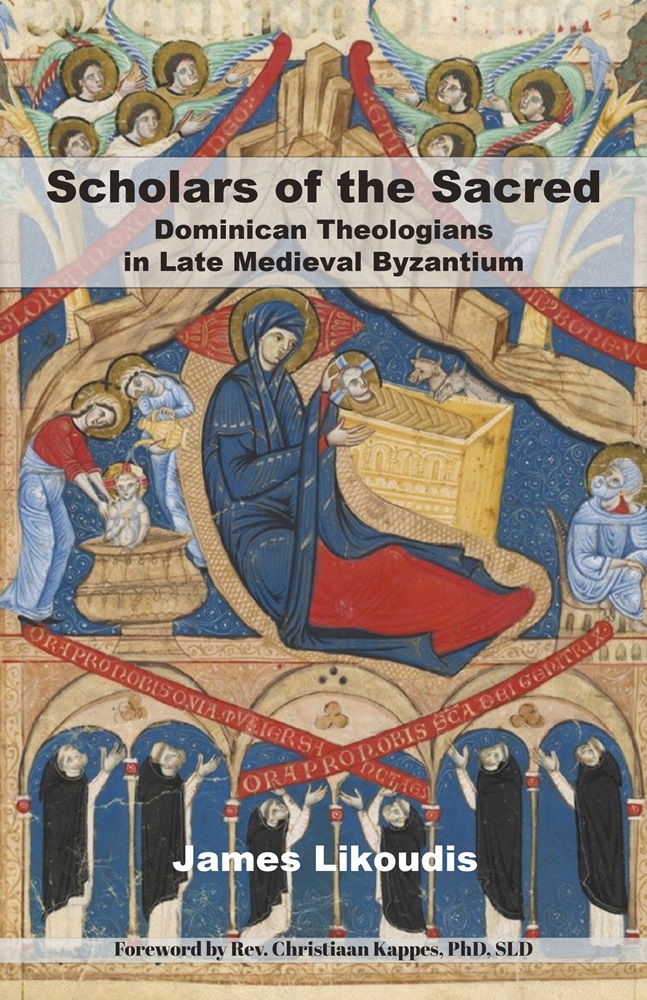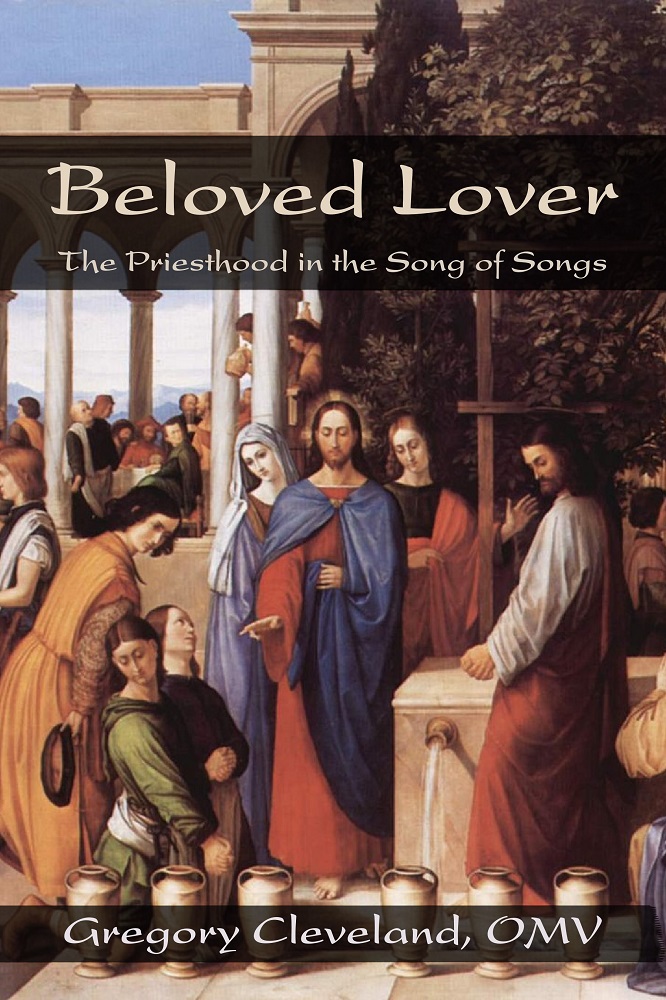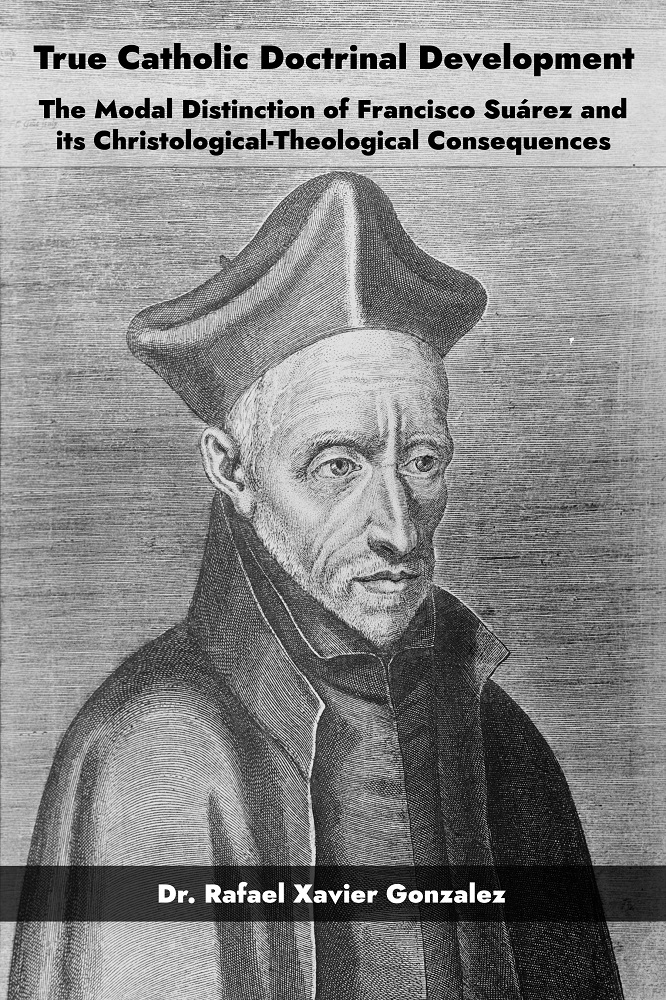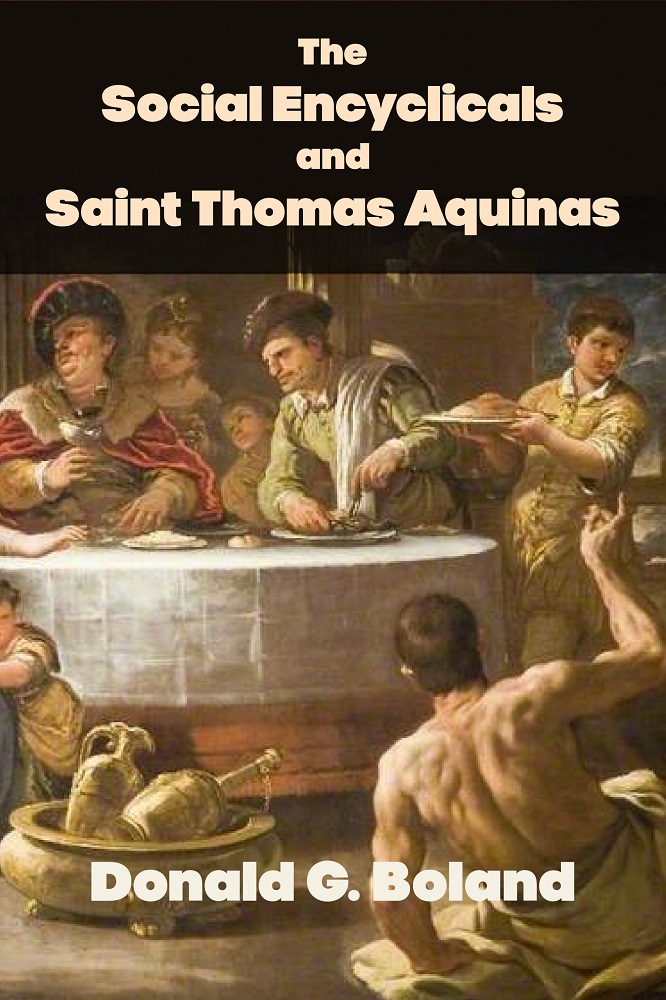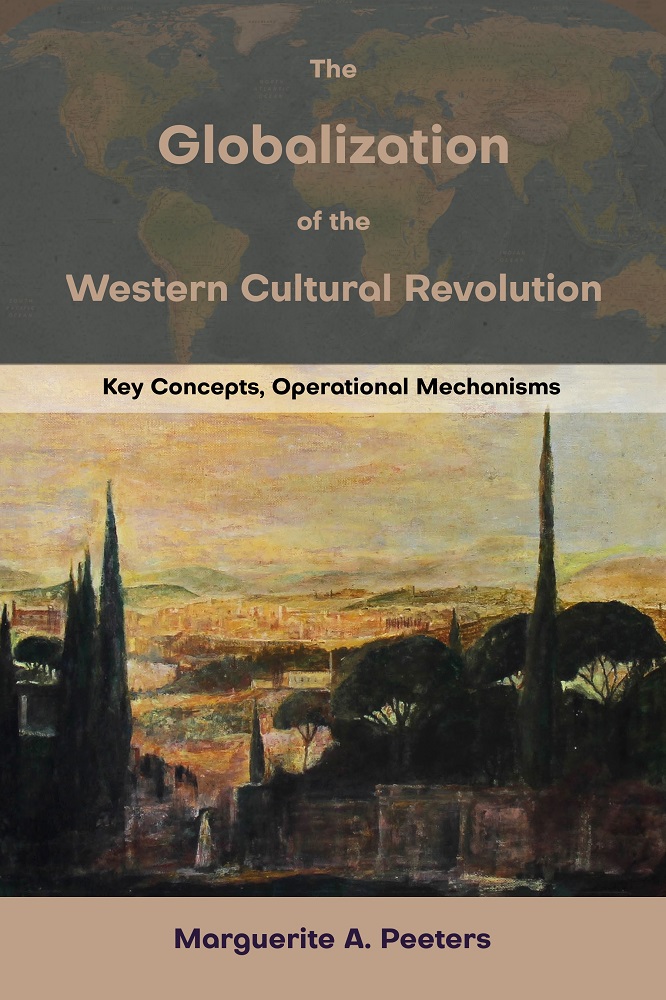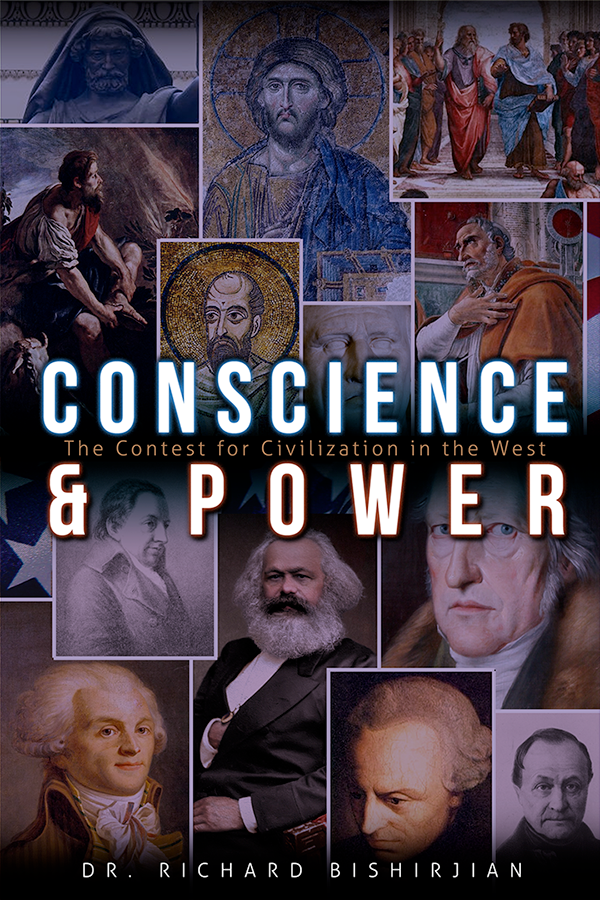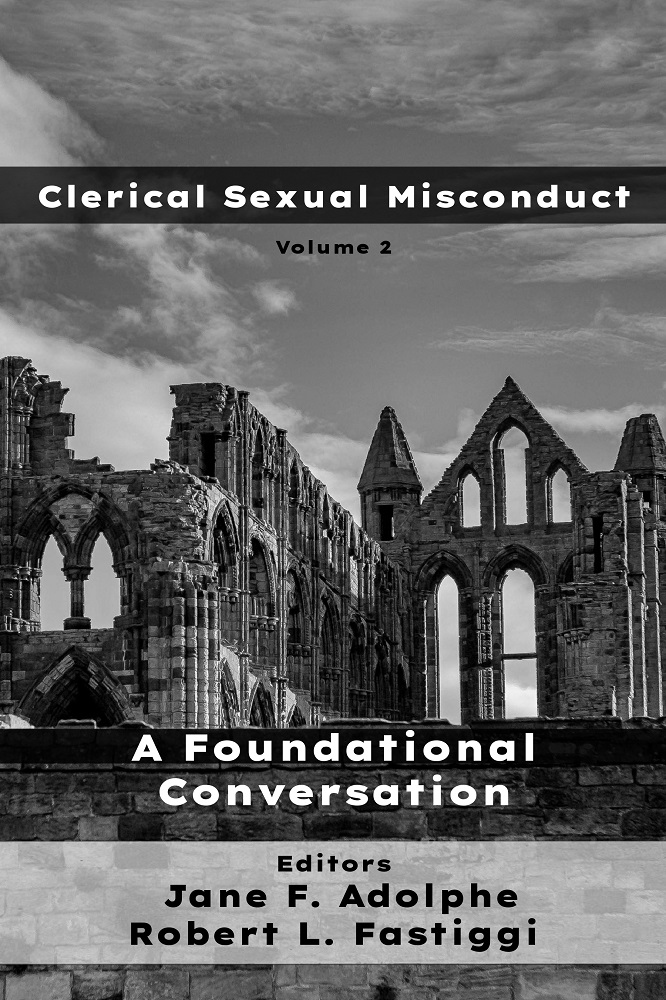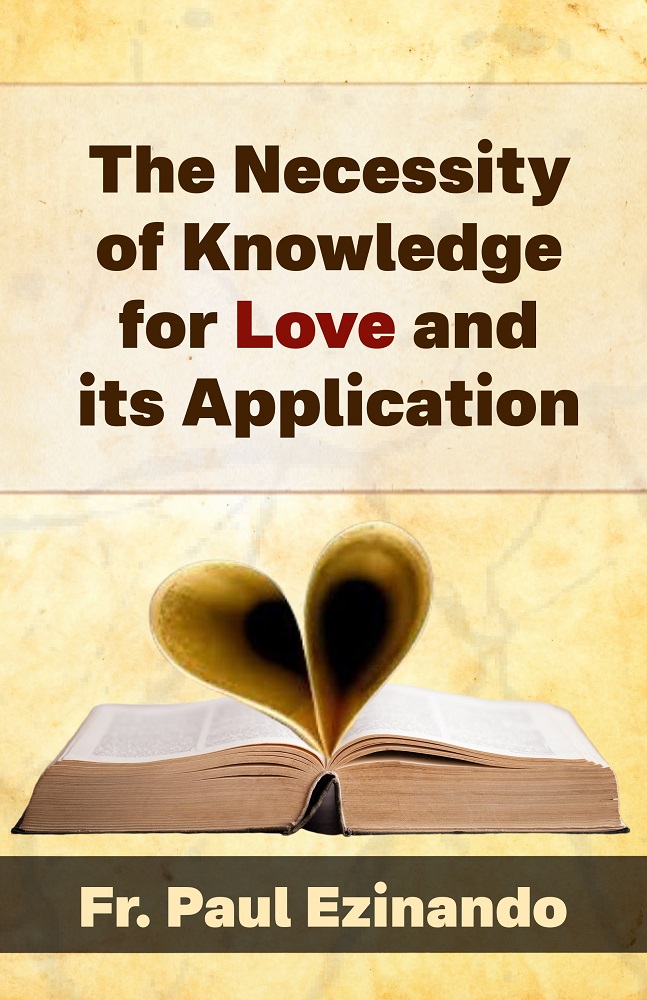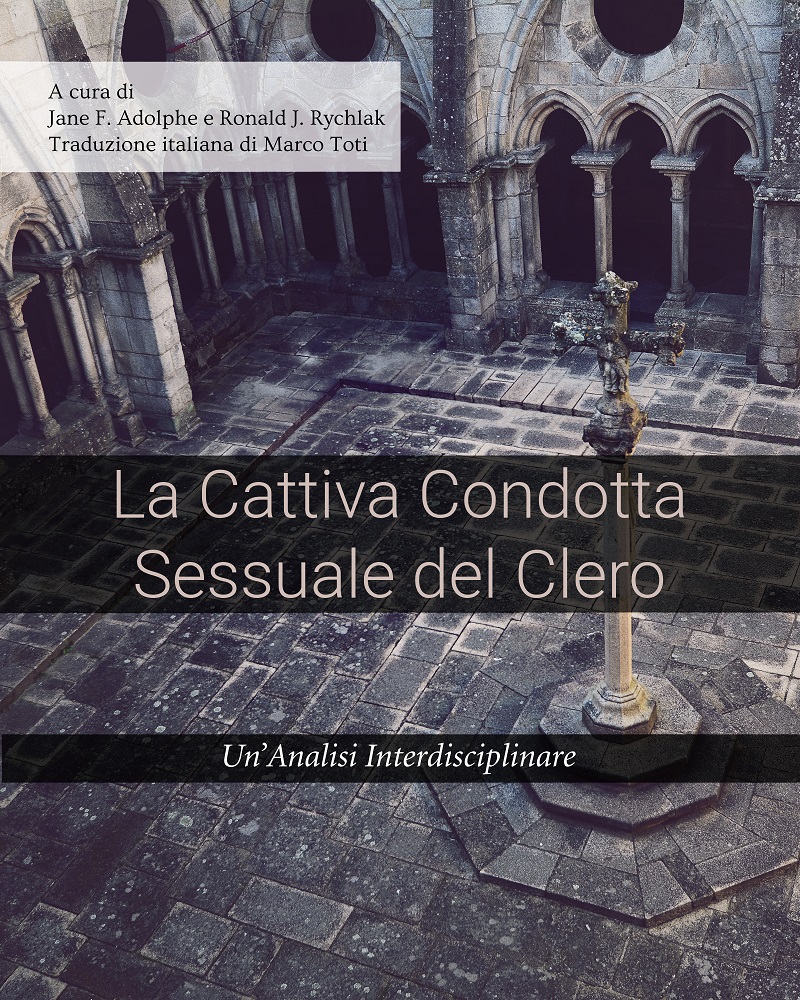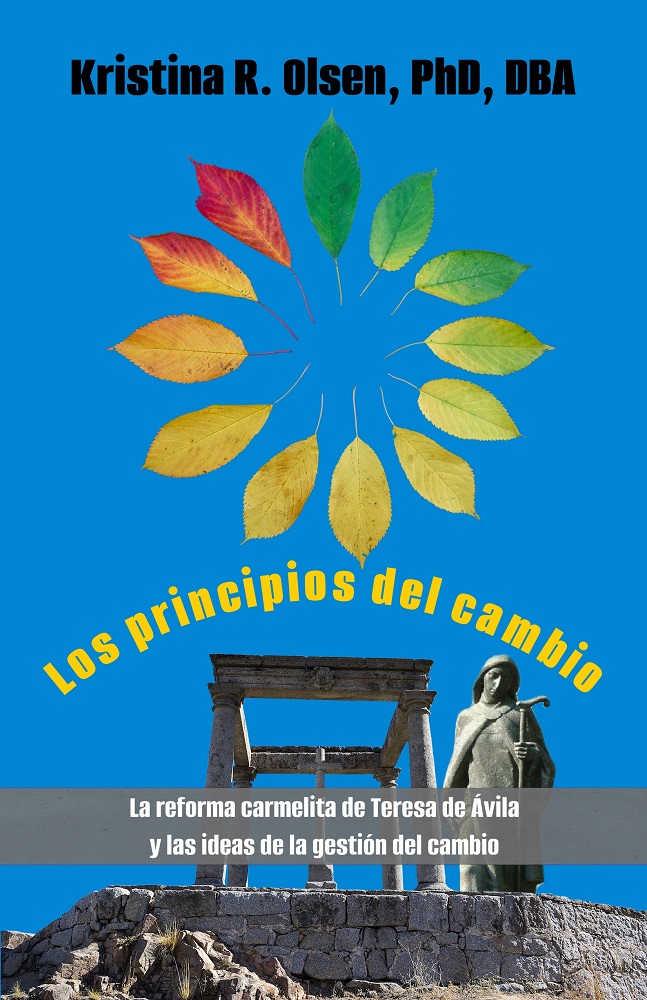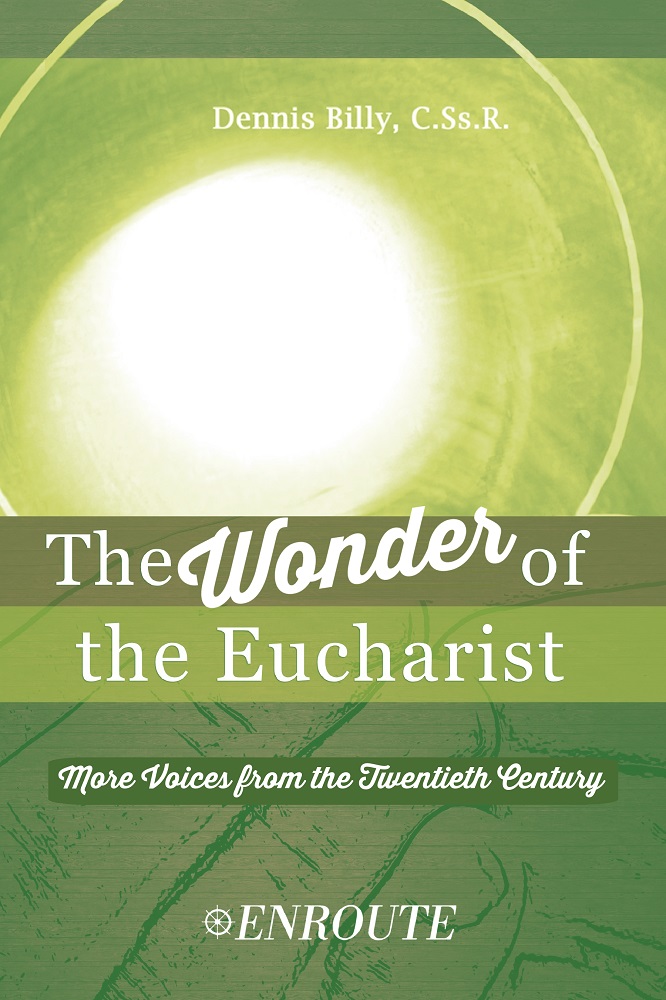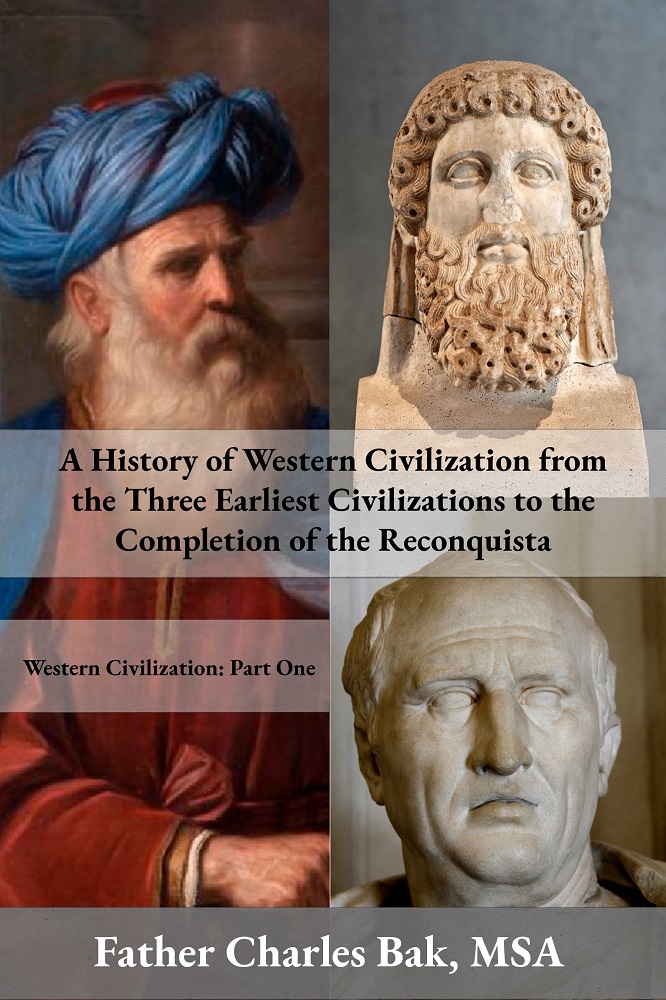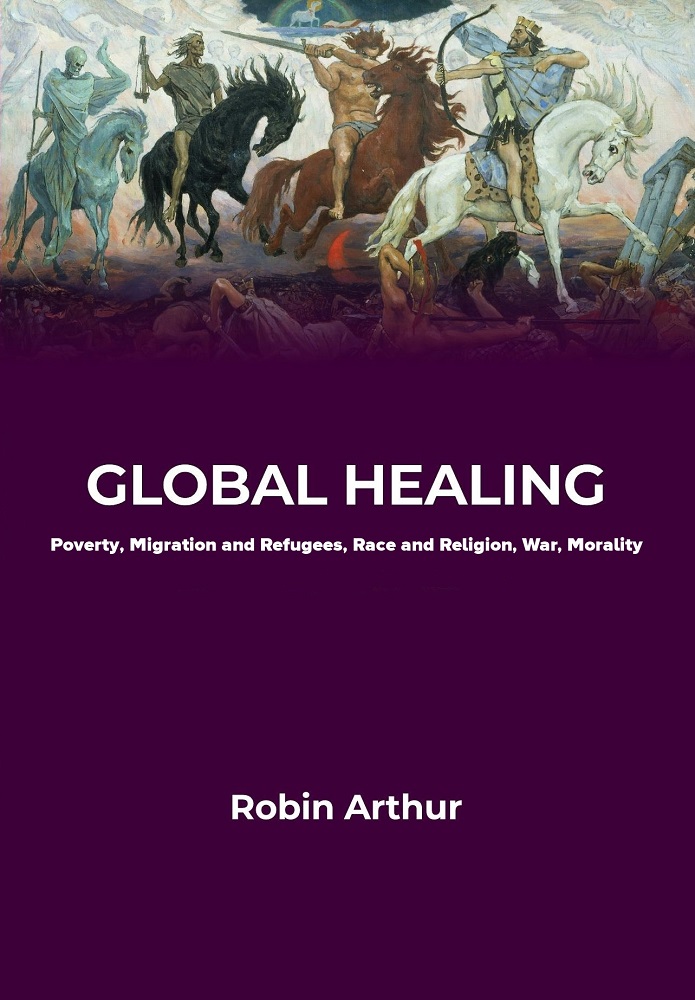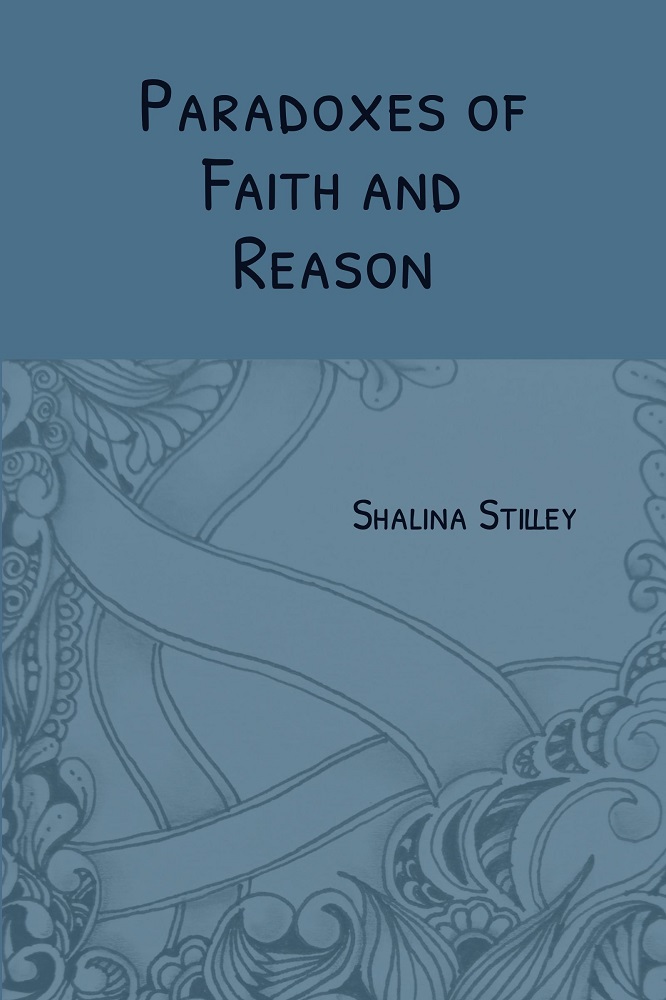Unfolding a Post-Roe World
by Francis Etheredge
Unfolding a Post-Roe World is the second edition of what had formerly been entitled The ABCQ of Conceiving Conception. It explores what is involved in grasping the beginning of each of us – but we need the truth to open the heart to love for it to be helpful in humanizing us. If we are equally given the gift of existence, why are we, who are born, the judges of those who will be born or not?
This second edition helps the reader to see more clearly both the “light” and the “dark” of seeking a stable account of the American Constitution, from the point of view of perceiving the right to life of all. But as with Poland’s perseverance in the Christian faith in the course of two atheistic types of social domination, and along with Germany and Italy’s protection of the human embryo, in different but complementary ways, we see that countries can have a vocation in world history. Thus, the ongoing debate on the 14th Amendment of the American Constitution has assumed a vocational witness on behalf of the whole human family.
Scientists can help us see the reality of the first instant of fertilization being the beginning of human existence – but we need an educated humanity to go beyond the technicalities to the appreciation and development of the relationships that come to exist. To this end, Unfolding a Post-Roe World explores both an ongoing willingness to adapt our speech to our listeners and the continuing help of God to enable us to go forward in a spirit of forgiveness and understanding of all that is involved.
Paperback: $19.95 | Kindle: $9.99
TABLE OF CONTENTS
Introduction
Revisiting the Publisher’s Blurb
A Biography and New Foreword by Kiki Latimer: Biography; the New Forward: On the Reality of the Human Person: One in Body and Soul; On the Dignity of Women; To Choose Life; On the Reasonable Recognition of the Person; On the Coercive Choice; On the Objective Beginning of Personhood; On the Good of the Family
Excerpt from an interview with Elizabeth Kirk on Promoting Adoption in America
Part I: Refocussing the Heart of this Book
What is in a Title? Unfolding A Post-Roe World: Conception: An Unfolding Content; Rights Are Integral to Human Existence;
The help We Need to Understand What Is not so “Familiar; Conception: An Unfolding Content; Conception Expresses Both Uniqueness and Relationship; Questions; Is My Body Mine?; This Book; Five Parts
Part II: The Teaching of Experience: Law; Analogies; and Gardening: Comprising Chapters One and Two; Five examples of the image as a counterargument
Chapter One: An Imaginative use of Gardening and Plant Life: Part I: The Science of Plant Reproduction; Part II: Teaching through the Everyday Experience of Growing Vegetables: Tomato Seeds, Plants and Conception; The Early, Hidden Development of Both Tomato Plant and Embryonic Child; Conception and Growing Potatoes; The Integrity of Human Being; Plant Loss and Human Sorrow
Chapter Two: A Unitary Beginning of One or Many: Two Views: Immediate or Delayed Animation; The Possibility of a Single Answer to When Did I begin? Embryology: What is One Organism? Reverting to What is Original; A Difference of Words: Embryo and Child?
Part III: Literary Truths and the Literal Truth: Comprising Chapters Three and Four
Chapter Three: Passing Through the Past to the Present: From the “literal” use of an Image to the Truth of Embryology; Stage One: Taking the Comparison with a Plant to be Literally True; Stage Two: Movement, Sensation and the Rearing of Young; Stage Three: Rational Ensoulment; A Concluding Reflection: Towards Understanding Human Ensoulment; The Greatest Natural Transformation: The Unfolding of Conception
Chapter Four: Scripture and Theology: Word and Dogma: The Word of God and Dogma; A Variety of Witnesses to Human Conception – Beginning with Eve; Job; David; the Martyred Mother of Her Seven Martyred Sons; Mary: The Dogma of the Immaculate Conception and Human Conception
Part IV: What is Certain and What is Uncertain about Conception: Comprising Chapters Five, Six and Seven; Conversion to Reality
Chapter Five: The Teaching of the Church and the Problem of Uncertainty: Prologue: A Modern Moment; Introduction: Who is My Neighbour; The Problem of Uncertainty in both Church Teaching and the 14th Amendment
Chapter Six: On the Interpretation of Texts: Particularly “Amendment 14”: Amendment 14; Mr. Justice Rehnquist, Dissenting; On the Question of the Rightful Protection of Women; and The Principle of Determining an Appropriate Level of Legal Action
Chapter Seven: An Answer to the Uncertainty of What or Who Exists at Conception: What is the Experience of Women in Pregnancy?; The Witness of Each One of Us; A Discussion on the Teachings of the Catholic Church and the “Opinion of the Court”; A Clarification as Regards the Teaching of St. Thomas Aquinas; The Contribution of Revelation and Dogma; A Variety of Bioethical Declarations; Gravitating to a Consensus
Part V: Unfolding a Post-Roe World: Comprising Chapters Eight, Nine and Ten; Distinguishing Actual and Potential Human Life
Chapter Eight: Roe v Wade: The Ongoing Arguments of Benefit to us All: Justice Beyond a Change of Justices (i); Viability is for Life (ii); Choice, Burdens, and their Alleviation (iii); Bodily Integrity, Liberty, Equality and the Constitution (iv); Brain Death and Abortion (v); Abortion and the Advancement of Women (vi); True Justice is Irreversible (vii)
Chapter Nine: A New Beginning: The Opinion of the American Supreme Court; A Book by John Strege: Hannah: The First Child Adopted as a Frozen Embryo; ITEST Webinars Entitled “A Post-Roe World” (I) and “Bioethics and Law: Understanding the Nexus: Truth and Meaning in Constitutional Jurisprudence” (II) and The ongoing challenge: Is There a Right to Life in the American Constitution?; A Possible Comparison between the Legislative Variations of American States and a Precept of the European Court; Coercion: Personal and Social; An Ectopic Pregnancy: Fear, Truth and Opportunity; Pope Francis on Justice, the Bond of Fraternity and Peace
Chapter 10: A Conclusion in Three Parts: Part I: Lest we Forget Mother, Child and Father; Part II: The Wider Implications for a Post-Roe World: Three Loci: To Know our Identity; a Move Towards the Further Denial of Being Human; and Change; and Part III: The Disruptive Power of the Word of God: The Human Unpredictability of an Answer to Prayer: The Will of God
A Very Distinguished Testimony: Saint Teresa of Calcutta; Where To Get Help? “Seek and you will find” (Mt 7: 7): Help with Pregnancy or Post-Abortion Counselling; Dr. Pat Castle: ‘78% of post-abortion mothers said if they had encountered ONE supportive person or encouraging message, they would have chosen life.’ And, therefore, he founded “Life Runners”: they wear ‘“REMEMBER The Unborn” jerseys as a public witness in over 3,300 cities’.; A Testimony from a Man to Men: An Unexpected Joy: An Unprecedented Pain; Joy and Pain Express “Relationship”; “Indelible”; and the “Rise of Articles on St. Joseph and Fatherhood
Further Reading: A Variety of Prior Work on Conception and Specific Documents of the Catholic Church in English
REVIEWS OF THE SECOND EDITION
Mary Grenchus, in The Grenchus Foundation (January 16, 2023). To read on the Grenchus Foundation website, click here.
James Sale, in Goodreads.com (January 11, 2023). To read on Goodreads, click here.
Christine Sunderland, in ChristineSunderland.com (November 13, 2022). To read on Christine’s website, click here. To read on Goodreads, click here. To download as a PDF, click here.
TESTIMONIALS FOR THE SECOND EDITION
“A masterful work of philosophical and theological reasoning. A truly indispensable and invaluable guide for navigating one’s way through the contentious and ongoing abortion debate.” – Professor Richard Spinello, Boston College and Saint John’s Seminary, Boston
“In a post-Roe world, decisive answers to difficult questions and clear vision amidst deliberate ambiguity are required more than ever when it concerns Human life. That is exactly what Francis Etheredge offers here, not only to the United States but to the World.” – Fr Sean Gough is a Diocesan Priest of the Archdiocese of Birmingham, England. He has faced criminal charges for praying peacefully outside of an abortion centre.
“The advocates of the sexual revolution promised a breakthrough for the freedom, the happiness and human development of persons, especially women. But has this revolution really been the path to ‘an earthly paradise’? At a time when many fierce voices continue to deny the most basic right – the right to life – to the voiceless human beings in the womb, Francis Etheredge’s arguments have a compelling self-evidence because he allows human conception to show its beauty and preciousness. While admitting and understanding that “some people have difficulty in recognizing a real beginning”, the author invites us to go back to our own beginning, “to go to the roots of the basic questions of human existence and human rights” by appealing primarily to our human experience. No better route to take! He shows the readers that amidst the rich variety of life on earth, human life is cause for special wonder and that its sacredness is something that can be and is sensed by everyone who appreciates the wonder of human life. The child in the womb is not a ‘potential’ life, but a human life with potential. The baby’s life in the womb is an astonishing process of growth and development. As science makes clear, it is at fertilization that a new, unique, and genetically complete human being comes into existence. To help us understand human conception and why it makes perfect sense to defend it and adequately protect it, Francis Etheredge adopts a multifaceted approach and draws together insights from the fields of biology, gardening, medicine, literature, sociology, politics, law, ethics, philosophy, and theology. There is something for everyone to read, discover and ponder! If those who read this book allow it to challenge them and to form and/or deepen their understanding and appreciation of human conception, a great good will be accomplished.” – Monica Rapeanu STL, Co-founder and co-organizer of the Theology of the Body International Symposia
“I wholeheartedly recommend this book Unfolding a Post-Roe World. The topics of this book range from philosophy, bioethics, theology, which all make for an engaging read. Francis does a tremendous work portraying the aspect ‘that gratitude for childbearing has diminished in a culture that often condemns a mother for introducing another carbon footprint into the world.’ His exploration of ‘abortion and the advancement of women’ made for an inspiring read. Francis highlights the importance of breaking down the idea of ‘potential life.’ Utilizing the word of God, Francis demonstrates that the sacredness of all human life is the ultimate hope for society. This deep book provides a premise on the importance of not compromising when it comes to choosing life. Unfolding a Post-Roe World is an interesting work and a profoundly rewarding read.” – Catherine Mockler at SPUC and on Instagram
“Unfolding a Post-Roe World is one of the most comprehensive books on the greatest human rights issue of our time: the unborn child. Etheredge beautifully interweaves the pro-life position with arguments from science, theology, philosophy, and so much more. At the final judgment, our generation will be accountable for the unborn children who died on our watch, making this book even more timely.” —Patrick O’Hearn, author of Parents of the Saints: The Hidden Heroes Behind Our Favorite Saints
“The subject of abortion has once again come to the forefront with the passing of the Dobbs decision by the supreme court. We all have a beginning, but when that beginning occurs is a matter of debate in the public sphere. In his book, Unfolding A Post-Roe World, Francis Etheredge answers this vital question from several disciplines. Using theology, philosophy, law, and many others he answers this question and defends life from the point of conception. This amazing book is a must have for anybody that is serious about defending life.” —William Hemsworth, M.Div. (click here for his personal website), Columnist at Patheos, and Host of The Bible Catholic Show
“It is true that in our end is our beginning. But our understanding of our beginnings will shape the ends any society pursues. Francis Etheredge’s Unfolding a Post-Roe World uses a variety of intellectual tools from biology, law, literature, philosophy, and theology to help readers see what preborn life is and why defending it is essential for a post-Dobbs society.” —David P. Deavel, Associate Professor of Theology, University of St. Thomas (Houston, Texas), and Senior Contributor, The Imaginative Conservative
“Francis Etheredge’s book Unfolding a Post-Roe World follows on the judgment of the American Supreme Court in the Dobbs case, April 2022, which concluded that there is no constitutional right to abortion in the United States. The book is, therefore, written from what is now a post-Roe perspective, where there is no federal jurisdiction over abortion but where each individual state will promote its own legislation. This is a major legal and political matter discussed in the book, which also considers ramifications for other jurisdictions. The author goes further, telling his readers that the broader purpose of the book derives from his conviction that: ‘… there needs to be a law that embodies the multiple rights of the nascent human person: the right to the life embodied in the dynamism of every human embryo; the right to completing human development; to the completion of what began unfolding from conception; and the right of ensuring the human integrity of each human being, so that nobody’s human identity is compromised by being ‘mixed’ with animal ingredients’ (Pp. 21-22). This is a matter for international law, therefore a matter of concern for every jurisdiction.” —Moira McQueen, LLB, MDiv, PhD, DSL (Hon.), Executive Director of the Canadian Catholic Bioethics Institute, University of St. Michael’s College in the University of Toronto
“I find this book feels far more complete than the first version, particularly due to the comments on Dobbs v Jackson. I think this book makes excellent material for educating Catholics, but also to persuade other Christians of our views. The book is educational and convincing, but also moving. It proposes the case of Natural Law with charity and compassion for all. I hadn’t heard about the reimplantation of ectopic pregnancies before. I have found that a lot of talk around abortion differs from other areas of medicine in that people have little belief in the improvement of the science of fertility. For example, I have noticed that many of the people I have talked to about abortion tend to think the risk of maternal death is much higher than it really is. They don’t know that ‘viability’ or rather survivability of an unborn child is quickly becoming earlier and earlier. They also don’t share a vision or hope that medicine could improve with new techniques or technologies that would mean both mother and child could survive in almost all cases. Thank you for the updated version – I thought the new foreword, along with the new afterword were particularly powerful pieces.” —Michal Paszkiewicz, BSc Theoretical Physics, PgDip Science and Religion at Mobile Technical Lead at Navico Group
“This book, with the new foreword by Kiki Latimer, presents a suitable commentary on the issue of abortion. The poetic-theological “seasoning” of it brings an appropriate touch to the philosophical sensibility of Etheredge’s position, which operates with respect to the legal and social data of a pre- and post-Roe world. Etheredge’s overall approach is, I think, helpful because, on one hand, it squelches a popular tendency to reject any attempt at rational discourse about abortion while, on the other hand, employing basic principles of bioethics—and, to a lesser, though still informative, extent, metaphysics—so to present the dynamism of the issue at hand in a winsome manner. I anticipate that this book will serve as a positive guide, one which will lead its reader along a path of deep reflection concerning the genesis of human life—scientifically, philosophically, and theologically—and therein elicit a fundamental ethical question that should face each of us in our present epoch: What, exactly, are the metaphysical, moral, and theological implications of discontinuing, destroying, and discounting human life at its most vulnerable? My prayer for this book is that it will prompt the reader to reflect deeply on the question of human origins, and do so along the same lines as that “true metaphysician,” St. Bonaventure, did: that human life belongs supremely to the originating principle of the Father, and to the receiving principle of the Son, and to the terminating end of the Holy Spirit, ‘the Lord, the Giver of Life.'” —Lance H. Gracy, M.A., Teaching Fellow, University of North Texas, Department of Philosophy and Religion
“What Francis Etheredge has done here with “Unfolding a Post-Roe World” is tremendous. His work of cutting through the legal jargon and red tape of the American Constitution surrounding the recent Dobbs v. Jackson case is extraordinary. With patience and undebatable precision, Etheredge combs through various questions regarding life, existence, conception and the arguments against basic human rights: the rights of the unborn child. “Unfolding a Post- Roe World” reads clearly with strength and undeniable truth as the leading voice of defence for the defenceless. This book is without a doubt a clear outline for how we as a world can navigate these ethically complex times we find ourselves a part of.” —Annemarie Thimons, Director of Communications, MyCatholicWill.com
“In this short work, Francis Etheredge applies evidence and argument from different disciplines to the question of human personhood. His reasoning is thorough, patient, and infused with love. He establishes the personhood of the child in the womb from the moment of the joining of sperm and egg and lays out a convincing case for the 14th Amendment’s protection of all human life.” —Christine Kasun Moruza, Superior Court Judge (Ret.), Alameda County, CA, USA
“This is a truly astonishing book – in its range, depth, subtlety of learning, knowledge, philosophy and theology; not to mention jurisprudence, sociology and other stuff too! So in one sense it is complex and difficult to read, but in another it is very straightforward: it argues ‘that the more we depart from the simple principle, do good and avoid harm, the more there is a proliferation of moral crises and dilemmas’. These crises and dilemmas are a direct result of the American Wade v Roe ruling in 1973 and its approach to abortion, which the book argues fails to recognise what is being aborted: ‘Everyone agrees that something dies in an abortion; but does someone die?’ Thus, we get a cornucopia of research and ideas which are truly mind-boggling. Etheredge is a Catholic and I am not, so there are aspects of the Catholic parts of his argument that I do not fully accept, although I agree with most of the thrust of what he is saying; but importantly, he makes this great concession: ‘As atheist Nathan Hentoff recognized years ago, abortion is not a religious issue but one that can be understood as wrong by the light of natural reason alone.’ This, then, is not just a moral issue to be decided by an authority; it is also an ethical matter on which all right thinking people can think, and furthermore consider the evidence – biological, sociological, familial and so on – and therefore reach a much more informed conclusion. Indeed, the issue is much wider than abortion, for as Etheredge notes: ‘Bishop John Keenan suggests, there is a very real danger that free speech is under threat as it becomes socially unacceptable to protest, peacefully, to pray and counsel outside an abortion facility or to otherwise raise the contrary point of view in the pursuit of truth.’ This is certainly happening in the UK and it is a worrying and fascistic tendency. I cannot therefore recommend this book highly enough – given its level of detail and research, I am surprised that Etheredge is not a Professor at some prestigious university. Not an easy read, but I recommend you read it!” —James Sale, a reader from the UK on Amazon.co.uk
“For those looking to understand the history and rational arguments concerning Roe V Wade, this book has a lot to offer. Coming from both scientific and religious perspectives, it offers a comprehensive look at the entire spectrum of defining life from conception to death, what conception really looks like, and how this conversation influences—or should influence—our legal system. Lots of points to highlight and consider as we move into our future, hopefully with our humanity intact.” —Ann Frailey, a reader from the US on Amazon.com
“Unfolding a Post-Roe World manages to shed new light on life after the Dobbs decision. He reminds us that to understand the post-Roe world, we need to draw on the best insights from science, history, law, philosophy, and theology. We need rigorous thinking to defend the dignity of the unborn and compassionate hearts to address the plight of women in unexpected pregnancies. Etheredge’s thoughtful book equips readers with arguments and models of charity that should inspire them to promote a culture of life.” —Fr. Michael Baggot, LC, of the Regina Apostolorum
TESTIMONIALS FOR THE FIRST EDITION
“With the likely overturning of Roe v. Wade, cogent arguments are needed to help people understand the moral evil of abortion as the issue returns to the democratic process. Francis Etheredge has made a significant contribution to this debate with the publication of The ABCQ of Conceiving Conception. In it, he makes a persuasive case for the personhood of the unborn child by unpacking the meaning of conception. Using images from botany, zoology, philosophy, and theology, Etheredge accompanies readers on a journey to the discovery of conception as the necessary beginning of human life, with all its attendant rights.” – Thomas D. Williams, PhD. Author of Who Is My Neighbor? Personalism and the Foundation of Human Rights
“The moment of conception can be described as a mystery and miracle. Even from a secular perspective, the beginning of human life carries immense wonder. Notwithstanding our modern medico-scientific understanding of human embryology, the use of analogy remains a valuable means for grasping the marvel of conception. Borrowing illustration from gardening and plant growth, Francis Etheredge in The ABCQ of Conception offers an accessible introduction to this wondrous moment. By seeing human conception for what it is – the beginning of a human person’s life – Etheredge shows that each human being is a unique gift invested with dignity. As conception initiates an innate developmental process that seamlessly leads to a mature human individual, Etheredge compellingly argues that impeding this process for non- therapeutic reasons amounts to a transgression against the natural right to develop, entailing the need to protect human life from the moment of conception.” – Eric Manuel Torres, BHlthSci, MOrthoptics (LaTrobe), MNSc (Melb), GradDipTheol, MTS (CTC/UDiv), GradCertEdu [Specialist Inclusive] (Deakin), CertIIIBAdmin (S.Russo), AOBR, MOA, RN, Assoc. Member CMAV. Catholic moral theologian and bioethicist.
“The commonest argument put forward to justify abortion is that the unborn child belongs to the mother. It is therefore her body, her choice. This book beautifully dismantles such a view: ‘our bodies express each one of us’ from conception till natural death. Our very biological make-up says so: once pregnant, the mother’s immune system has to let it accept the presence of a different human being growing inside of her. The book demonstrates admirably and by means of analogy that the unborn child is no more part of the woman’s body than a plant is a part of the soil it is growing in. Of course, the plant needs the soil and the unborn child needs his or her mother. The book seeks to stimulate the founding of an internationally binding charter which envisions the natural integrity of every human being from conception till natural death. It is my firm belief that this work has given us a rational foundation to propose this.” – Dr. Pravin Thevathasan, MB.BS, MRPsych, MSc (Medical Ethics) Consultant Psychiatrist and Editor, Catholic Medical Quarterly
“In his verse, the French Catholic poet Charles Peguy loved to celebrate beginnings and origins. The first beginning for all of us, the starting-point of the great adventure of our human life, is conception in our mothers’ wombs. Francis Etheredge deserves our gratitude for helping us understand and appreciate its beauty.” – Fr. John Saward, author of several books, including Redeemer in the Womb
“What Francis Etheredge elucidates so clearly within the pages of The ABCQ of Conception is that every human life is sacred, that human life possesses a dignity beyond that of plants and animals. Why? Because from the beginning — from the very moment of our conception — we are formed in our mother’s womb in the image and likeness of God. Every human life would not be life at all without the direct intervention of God, who infuses a rational soul into a body, uniting spirit and matter. Etheredge leads the reader toward a heartfelt gratitude to God for the gift of life and the recognition that every human life is something to be marveled at and reverenced, not trivialized and exploited. He illuminates well the responsibility of every Christian and person of good-will to seek out the just and legal means necessary to protect innocent human lives from their inception. This work is much needed and timely in its arrival.” – Rev. Kenneth M. Dos Santos, MIC, Provincial Secretary, BVM, Mother of Mercy Province; author of Hagia Sophia: The Wisdom of God as Offered to the Modern World
“In his book The ABCQ of Conception, Francis Etheredge takes advantage of our natural experience of living things—such as the potato and its life cycle—to help us bridge the modern ‘gap’ in understanding when life begins in the human person. Regarding our conception, Etheredge states, ‘there is a common agreement that ‘something’ comes to exist at conception. The question is, then, what comes to exist at conception?’ —A basic question, yet so profound. I laughed out loud because it struck me with its simple logic and undeniable philosophical truth. Another of his questions begs an equally unmistakable answer: “What is so disappointing about a miscarriage? Surely it has nothing to do with the abstract claim of losing a blob of cells…” The ABCQ of Conception aids us in acknowledging the beginning of human life—so vitally important for those in the womb; conceived by invitro; in frozen embryo form; experimented upon; and whose DNA is mixed with animal DNA creating chimeras. All persons have a God-given right to their natural human development and their distinct familial history and experience of siblings, grandparents, and other natural relations. Etheredge sums up his book, poignantly, in one clear statement: “…if the truth establishes our common human identity then it establishes, at the same time, our ethical responsibility for each other.” This responsibility, therefore, creates necessity for global acceptance of the beginning of human life for proper respect, protection, care, and posterity of humanity and the natural family unit.” – Kimberly Bruce, MA Theology, author of The Gender Link to the Human Soul and Look at the SON: The Fruit of Medjugorje
ABOUT THE AUTHOR
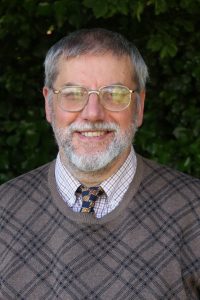 Mr. Francis Etheredge is married with eight children, plus three in heaven.
Mr. Francis Etheredge is married with eight children, plus three in heaven.
Francis is currently a freelance writer and speaker and his “Posts” on LinkedIn can be viewed here. Poetry; short articles; autobiographical blog; excerpts from books; and “Philosophize: A Ten Minute Write.”
For a list of all of Francis’ books published by En Route Books and Media, click here.
See Francis’ other books, too, entitled Scripture: A Unique Word, From Truth and truth: Volume I-Faithful Reason, From Truth and truth: Volume II: Faith and Reason in Dialogue, From Truth and truth: Volume III: Faith is Married Reason.
He has earned a BA Div (Hons), MA in Catholic Theology, PGC in Biblical Studies, PGC in Higher Education, and an MA in Marriage and Family (Distinction).
Enjoy these additional articles by Francis Etheredge:
OTHER CATHOLIC ACADEMIC BOOKS
Faith in Crisis: Critical Dialogues in Catholic Traditionalism, Church Authority & Reform edited by Andrew Likoudis
Faith in Crisis: Critical Dialogues in Catholic Traditionalism, Church Authority & Reform edited by Andrew Likoudis Faith in Crisis equips Catholics to navigate today’s fiercest ecclesial debates. With a foreword by philosopher-statesman Rocco Buttiglione, the...
Suma Apologética por Joseph A. Freymann
Suma Apologética: Apologética católica y preguntas morales por Joseph A. Freymann Suma Apologética está dirigida a adultos y adolescentes maduros. Ha sido diseñada específicamente para un curso anual de Apologética Católica a nivel de los últimos años de secundaria o...
The Host of Gethsemane: Eucharistic Hospitality in the Gethsemane Narratives by Dr. Annabelle Moseley, Th.D.
The Host of Gethsemane: Eucharistic Hospitality in the Gethsemane Narratives by Dr. Annabelle Moseley, Th.D. Discovering the Garden of Gethsemane as an Invitation to Deeper Prayer, Obedience to the Will of God, and Deeper Love of the Eucharist The Host of...
Redeeming Sex: The Battle for the Body by Eduardo Echeverria
Redeeming Sex: The Battle for the Body by Eduardo J. Echeverria The project of redeeming sex involves the battle for the body, one that is fought on many fronts in this book: the need for a philosophical and theological anthropology on the nature of the human person,...
A Catechesis on Deification, Transfiguration & the Luminous Mysteries by Matthew A. Tsakanikas, STD
A Catechesis on Deification, Transfiguration & the Luminous Mysteries by Matthew A. Tsakanikas, STD This book is a catechetical exploration of Christian deification, deeply rooted in the theological insights of Saint Athanasius and other Church Fathers. The work...
On the Third Part of the Secret of Fatima
For ongoing updates to this discussion, please visit Kevin’s website at https://kevinsymonds.com/ Special thanks: In addition to those named within the book as translators, En Route Books and Media would like to give a special thanks to Dr. Michela Ferri, who proofed...
The Rest of the Gospel Story: A Dated Summary of the New Testament Gospels and The Poem of the Man-God in Synthesis by David J. Webster
The Rest of the Gospel Story: A Dated Summary of the New Testament Gospels and The Poem of the Man-God in Synthesis by David J. Webster The Church distinguishes between “private” revelations, meant for personal faith and discernment, and revelations of public...
The Dated Parallel Harmony of the Gospels by David J. Webster
The Dated Parallel Harmony of the Gospels by David J. Webster The Holy ScripturesOur Divine Family Legacy as the sons of God.The grand history of human redemption revealed in three great epics: The Greatest Story ever told, the miraculous origin, deliverance and...
John’s Gospel: Recovering Authorial Intent by Fr. Peter Grover, OMV
John's Gospel: Recovering Authorial Intent by Fr. Peter Grover, OMV In this book, Fr. Peter Grover, OMV, introduces an innovative intratextual methodology to interpret the Gospel of John as a cohesive literary work, focusing on the author’s intent. He argues that the...
Foundations of Our Catholic Faith and The Hedge of the Vine: Selected Works of Frits Albers, Volume 3, Ed. by Frank Calneggia
The Foundations of Our Catholic Faith and The Hedge of the Vine: The Selected Works of Frits Albers, Vol. 3 by Frits Albers, edited by Frank Calneggia Selected for publication in this third volume of the works of Frits Albers are the following: The Foundations of Our...
The Face of Jesus, the Martyr and the Reciprocity of Abiding Love by J. Marianne Siegmund
The Face of Jesus, the Martyr and the Reciprocity of Abiding Love: Anthropological Considerations in Spiritual Theology Based Upon the Pontifical Writings of Pope Saint John Paul the Great by J. Marianne Siegmund This book explores the theological and spiritual...
D. H. Lawrence, Traditionalist: The Development of the Theme of the Sacred and the Profane by John Michael Klink
D.H. Lawrence, Traditionalist: The Development of the Theme of the Sacred and the Profane by John Michael Klink In this book, John Michael Klink shows how Lawrence redirects the modern reader to an awareness of the ancient distinction between that which yields life...
Crucified Love: Littleness, Spousal Love, and Fiat as the Instruments Jesus used in Enduring the Cross and the Means of a Soul Uniting with Him in Crucified Love by Dr. Mary Kloska
Crucified Love: Littleness, Spousal Love, and Fiat as the Instruments Jesus used in Enduring the Cross and the Means of a Soul Uniting with Him in Crucified Love by Dr. Mary Elizabeth Anne Kloska, Fiat+ In Crucified Love: Littleness, Spousal Love, and Fiat as...
Gender Ideology and Pastoral Practice: A Handbook for Catholic Clergy, Counselors, and Ministerial Leaders by Theresa Farnan, Susan Selner-Wright, and Robert L. Fastiggi
Gender Ideology and Pastoral Practice: A Handbook for Catholic Clergy, Counselors, and Ministerial Leaders Editors -- Theresa Farnan, Susan Selner-Wright, and Robert L. Fastiggi This book has been designed to assist Catholics doing pastoral work and ministering to...
Lived Experience and the Search for Truth: Revisiting Catholic Sexual Morality
Lived Experience and the Search for Truth: Revisiting Catholic Sexual Morality Editors -- Deborah Savage and Robert L. Fastiggi This book is an initial attempt to arrive inductively at the truths embedded in the moral teaching of the Church through the lived...
Summa Apologetica: Catholic Apologetics and Moral Questions by Joseph Freymann
Summa Apologetica: Catholic Apologetics and Moral Questions by Joseph Freymann Summa Apologetica is for adults and mature teens. It is specifically designed for a year-long course in Catholic Apologetics at the late high-school or early-college level. The book...
Jesus Christ, Scandal of Particularity: Vatican II, a Catholic Theology of Religions, Justification, and Truth by Eduardo J. Echeverria
Jesus Christ, Scandal of Particularity: Vatican II, a Catholic Theology of Religions, Justification, and Truth by Eduardo J. Echeverria In this book, in view of the light of Jesus Christ, the Light of the world, and hence the scandal of particularity, the author...
Two Towers and a Minaret: Migration from a Catholic Perspective by Fr. Piotr Mazurkiewicz
Two Towers and a Minaret: Migration from a Catholic Perspective by Fr. Piotr Mazurkiewicz with a preface by John M. Klink and a foreword by Jane F. Adolphe Mass migration is a serious challenge in both America and Europe. Hence the question of the ethical limits of...
Rigidez: Fidelidade ou Heterodoxia? por Pedro Gabriel
Rigidez: Fidelidade ou Heterodoxia? por Pedro Gabriel "Porque é que o Papa Francisco está sempre a criticar os católicos fiéis?" é uma pergunta frequentemente repetida sempre que o Santo Padre faz uma das suas habituais invectivas contra a rigidez religiosa. De facto,...
Altar Against Altar: An Analysis of Catholic Traditionalism by Andrew Mioni
Altar Against Altar: An Analysis of Catholic Traditionalism By Andrew Mioni When does the crisis in the Church end? May priests universally minister without any canonical mission? Can one Eucharist be offered against another in legitimate Catholic worship? Using the...
Rigidity: Faithfulness or Heterodoxy by Pedro Gabriel
Rigidity: Faithfulness or Heterodoxy? by Pedro Gabriel “Why is Pope Francis always criticizing faithful Catholics?” is an oft-repeated question whenever the Holy Father makes one of his usual invectives against religious rigidity. Francis has indeed made such...
Vatican II, Defense of the Novus Ordo Missae, Five Smooth Stones (1 Sam. 17:40) – On Modern Trends and How to Deal with Them: The Selected Works of Frits Albers, Vol. 2 by Frits Albers
Vatican II, Defense of the Novus Ordo Missae, Five Smooth Stones (1 Sam. 17:40) – On Modern Trends and How to Deal with Them: The Selected Works of Frits Albers, Vol. 2 by Frits Albers, edited with a Foreword by Frank Calneggia Selected for publication in this second...
Contemporary Sacred Art: Conversations on Art & Faith
Contemporary Sacred Art: Conversations on Art & Faith by Dr. Michela Beatrice Ferri In translation now from the Italian. Buy it in the original language here: What is the so-called “Contemporary Sacred Art”? In her book, Michela Beatrice Ferri inquires about the...
It’s Everybody’s World: We either Live Together or Die Together by Robin Arthur
It's Everybody's World: We either Live Together or Die Together by Robin Arthur This book invites global communities to seek the peaceful advancement of humanity that globalisation can bring about and open the gates to a common future, casting away the other troubles...
Elements of Christianity: The Beauty of the Christian Faith
Elements of Christianity: The Beauty of the Christian Faith by Tonino Vicari This book attempts to make accessible to the average reader the basic elements of Church teaching concerning morality, natural law, and supernatural truths that have been passed down through...
The Nostalgia for a New Christendom by Mario Ramos-Reyes
The Nostalgia for a New Christendom by Mario Ramos-Reyes Mario Ramos-Reyes explains the political schizophrenia of mid-20th century Latin America and the healing process that sought to fill the void between Enlightenment liberalism and the Catholic tradition. The cure...
Politics, Law & Religion in Times of COVID, ed. by Jane F. Adolphe, Fulvio Di Blasi, Robert L. Fastiggi
Politics, Law & Religion in Times of COVID Editors, Jane F. Adolphe, Fulvio Di Blasi, and Robert L. Fastiggi After two years of anti-COVID-19 policies, an international group of Catholic scholars and lawyers gathered in Rome under the auspices of the International...
The Gender Revolution: A Global Agenda by Marguerite A. Peeters
The Gender Revolution: A Global Agenda (A Tool for Discernment) by Marguerite A. Peeters, Ph.D., with a Foreword by Robert Cardinal Sarah Wherever one lives in the world and whatever one’s age and occupation, it has today become difficult to escape the influence of...
Consuming Love by Fr. Gregory Cleveland, OMV
Consuming Love: Discovering Christ the Bridegroom in Holy Communion by Fr. Gregory Cleveland, OMV The Eucharist is the “sacrament of love.” Jesus Christ is the true Bridegroom of our hearts, and it is he whom we receive in holy Communion. Even if you have received our...
Heresia Disfarçada de Tradição por Pedro Gabriel
Heresia Disfarçada de Tradição por Pedro Gabriel Uma afirmação muito difundida nos círculos católicos atuais é que se pode ignorar os ensinamentos do Papa Francisco ou do Concílio Vaticano II se eles ensinarem algo que parece ir contra a tradição. Será que isso é...
Unpacking Palamism: A Catholic Critique
Unpacking Palamism: A Catholic Critique by James Likoudis with essays selected and edited by Andrew Likoudis Unpacking Palamism: A Catholic Critique, penned by esteemed scholar Dr. James Likoudis, meticulously scrutinizes the doctrines of Palamism, a theological...
The Lord of the Rings and Catholicism
The Lord of the Rings and Catholicism: Exploring the Christian Roots of The Lord of the Rings Trilogy by Madeleine Dobrowski This book explores the Catholic themes that can be found in The Lord of the Rings trilogy. It is written for all lovers of Tolkien, Catholic or...
Disputed Catholic Landmarks: From Disinformation to Information
Disputed Catholic Landmarks: From Disinformation to Information by Gerard Verschuuren Everyone's life has landmarks: when you were born, when you graduated from school, when you got your first job, when you got married, and so many more. There must be many landmarks...
Human Nature: Moral Norm
Human Nature: Moral Norm by Francis Etheredge There is a 'difference, both anthropological and moral, between contraception and recourse to the rhythm of the cycle: it is a difference which is much wider and deeper than is usually thought, one which involves in the...
The Divine Mosaic: Piecing Together Catholic and Orthodox Unity
The Divine Mosaic: Piecing Together Catholic and Orthodox Unity by James Likoudis, Edited by Andrew Likoudis This book collects essays, speeches, and presentations given over the course of James Likoudis' seven decades as a Catholic. As a convert from Eastern...
Heresy Disguised as Tradition
Heresy Disguised as Tradition by Pedro Gabriel A widespread assertion in Catholic circles today is that one can disregard the teachings of Pope Francis or the Second Vatican Council if they teach something that seems to go against tradition. Is this the case? In this...
Scholars of the Sacred: Dominican Theologians in Late Medieval Byzantium
Scholars of the Sacred: Dominican Theologians in Late Medieval Byzantium by James Likoudis, Edited by Andrew Likoudis This in-depth study of the Catholic–Orthodox reunion efforts during the tumultuous 11th–15th centuries reveals the vital role played by the Dominican...
Beloved Lover: The Priesthood in the Song of Songs by Fr. Gregory Cleveland, OMV
Beloved Lover: The Priesthood in the Song of Songs by Fr. Gregory Cleveland, OMV In the context of the mystical love poetry of the Song of Songs, Beloved Lover explores how the priest is the living image of Jesus Christ, the Spouse of the Church. The priest is called...
True Catholic Doctrinal Development: The Modal Distinction of Francisco Suárez and its Christological-Theological Consequences
True Catholic Doctrinal Development: The Modal Distinction of Francisco Suárez and its Christological-Theological Consequences by Dr. Rafael Xavier Gonzalez In this book, Dr. Rafael Gonzalez discusses Suárez' modal distinction, which seems to satisfy both medieval...
The Social Encyclicals and Saint Thomas Aquinas
The Social Encyclicals and Saint Thomas Aquinas by Dr. Donald G. Boland The social encyclicals of the Catholic Church provide an opportunity to treat human behavior from a practical moral philosophical point of view grounded in Aristotle as interpreted by Saint Thomas...
The Globalization of the Western Cultural Revolution: Key Concepts, Operational Mechanisms by Marguerite A. Peeters
The Globalization of the Western Cultural Revolution: Key Concepts, Operational Mechanisms by Marguerite A. Peeters, Ph.D. A new ethic, secularist in its radical aspects, has spread like wildfire all over the world since the end of the cold war. This ethic is the...
Conscience and Power: The Contest for Civilization in the West
Conscience and Power: The Contest for Civilization in the West by Dr. Richard Bishirjian Conscience and Power examines how civilization in "the West" arose after the fall of the Roman Empire and has grappled ever after with a desire of citizens of nations of Western...
Clerical Sexual Misconduct, Vol. 2: A Foundational Conversation
Clerical Sexual Misconduct, Vol 2: A Foundational Conversation Editors -- Jane F. Adolphe and Robert L. Fastiggi The abuse, harassment, or devaluation of women, in any form by Catholic priests and bishops, raises concerns about: whether clerics have a healthy...
The Necessity of Knowledge for Love and its Application
The Necessity of Knowledge for Love and Its Application by Fr. Paul Ezinando In this work, Fr. Paul Ezinando not only demonstrates that knowledge is a necessity for love, but he also shows that proper knowledge promotes love. Following the argument of St. Augustine,...
La Cattiva Condotta Sessuale del Clero: Un’Analisi Interdisciplinare
La Cattiva Condotta Sessuale del Clero: Un'Analisi Interdisciplinare A cura di Jane F. Adolphe e Ronald J. RychlakTraduzione italiana di Marco Toti La Cattiva Condotta Sessuale del Clero, Un’Analisi Interdisciplinare è un libro importante curato da Jane F. Adolphe e...
Los principios del cambio
Los principios del cambio: La reforma carmelita de Teresa de Ávila y las ideas de la gestión del cambio Kristina R. Olsen Este libro se basa en los principios de gestión del cambio organizacional para examinar la reforma de la Orden Carmelita de Teresa de Ávila en el...
The Wonder of the Eucharist
The Wonder of the Eucharist: More Voices from the Twentieth Century by Dennis Billy, C.Ss.R. This book examines some of the major literary voices from the past century who deepened our understanding of the Eucharist by embedding it in their short stories, novels,...
A History of Western Civilization from the Three Earliest Civilizations to the Completion of the Reconquista by Fr. Charles Bak, MSA
A History of Western Civilization from the Three Earliest Civilizations to the Completion of the Reconquista: Western Civilization, Part 1 by Fr. Charles Bak, MSA This book tells a good story, actually the best story--the real story! So much of history involves...
Global Healing: Poverty, Migration and Refugees, Race and Religion, War, Morality by Robin Arthur
Global Healing: Poverty, Migration and Refugees, Race and Religion, War, Morality by Robin Arthur This book seeks to examine five challenges that our changing world will increasingly confront in the aftermath of Covid-19, namely poverty, migration and refugees, race...
Paradoxes of Faith and Reason
Paradoxes of Faith and Reason by Dr. Shalina Stilley Paradox it is at the very heart of the Gospel message. The Trinity, the Incarnation, the Cross and Resurrection, and the problem of evil are but a few examples of paradoxes of faith and reason. How can God be three...
